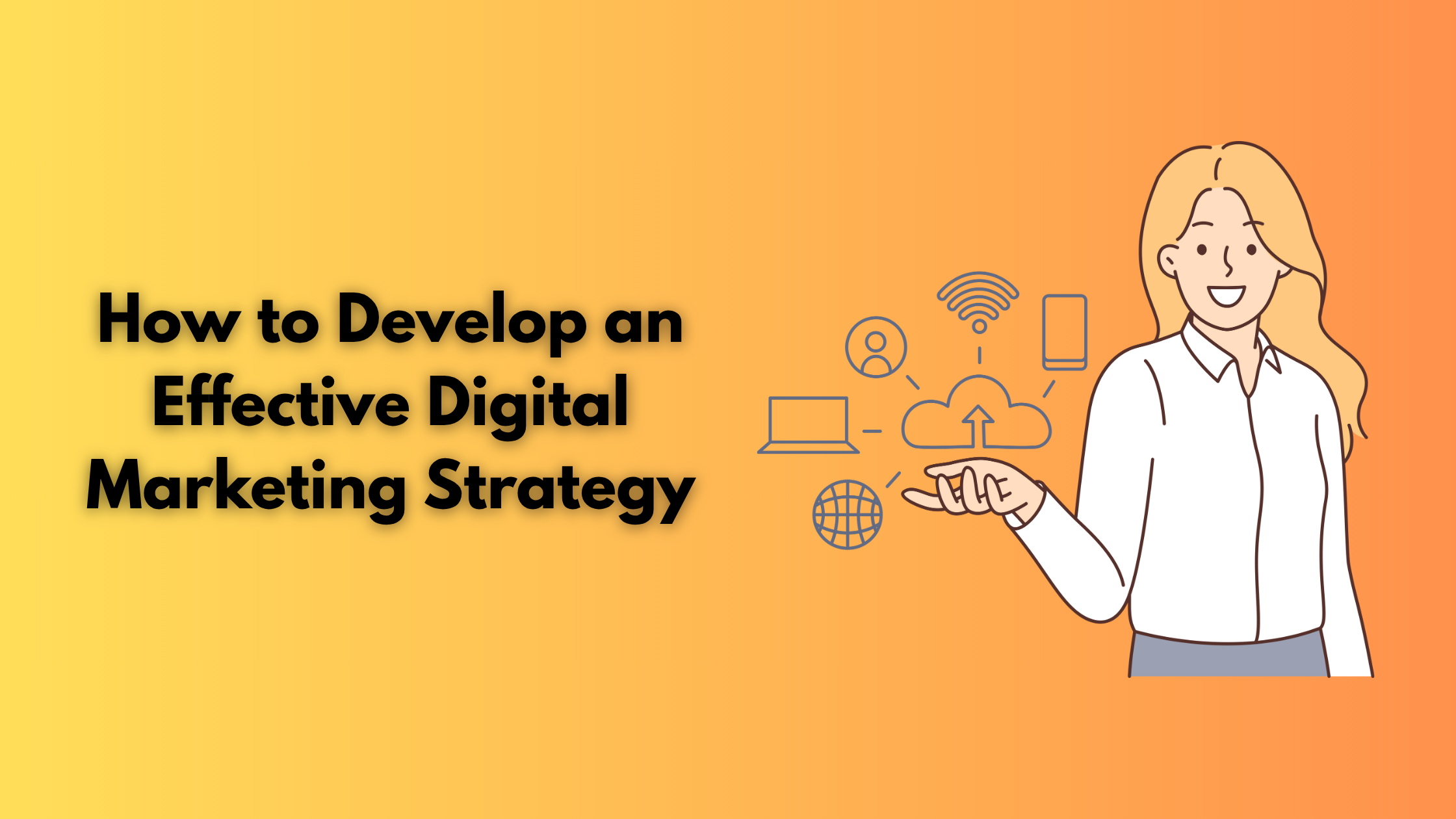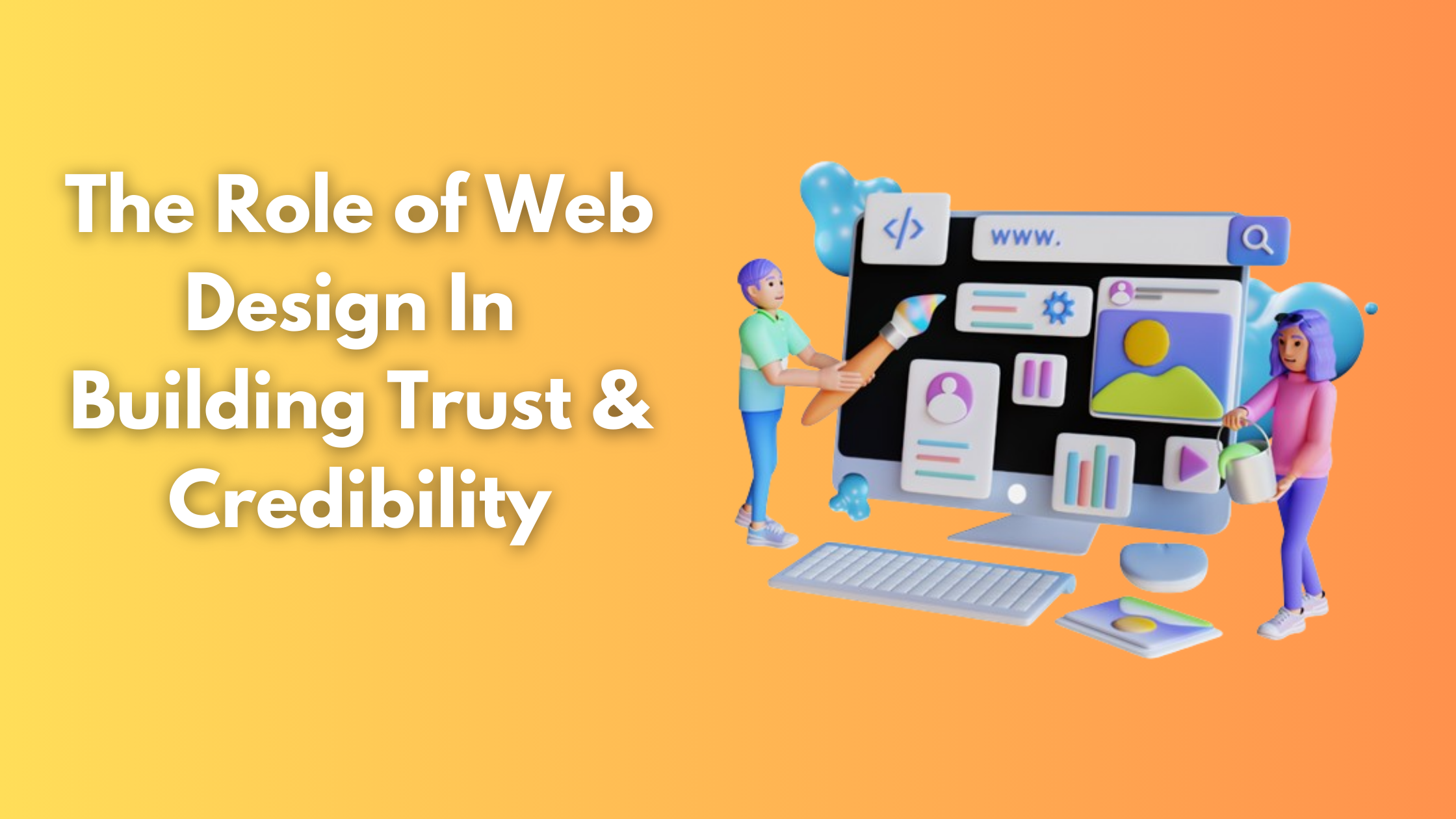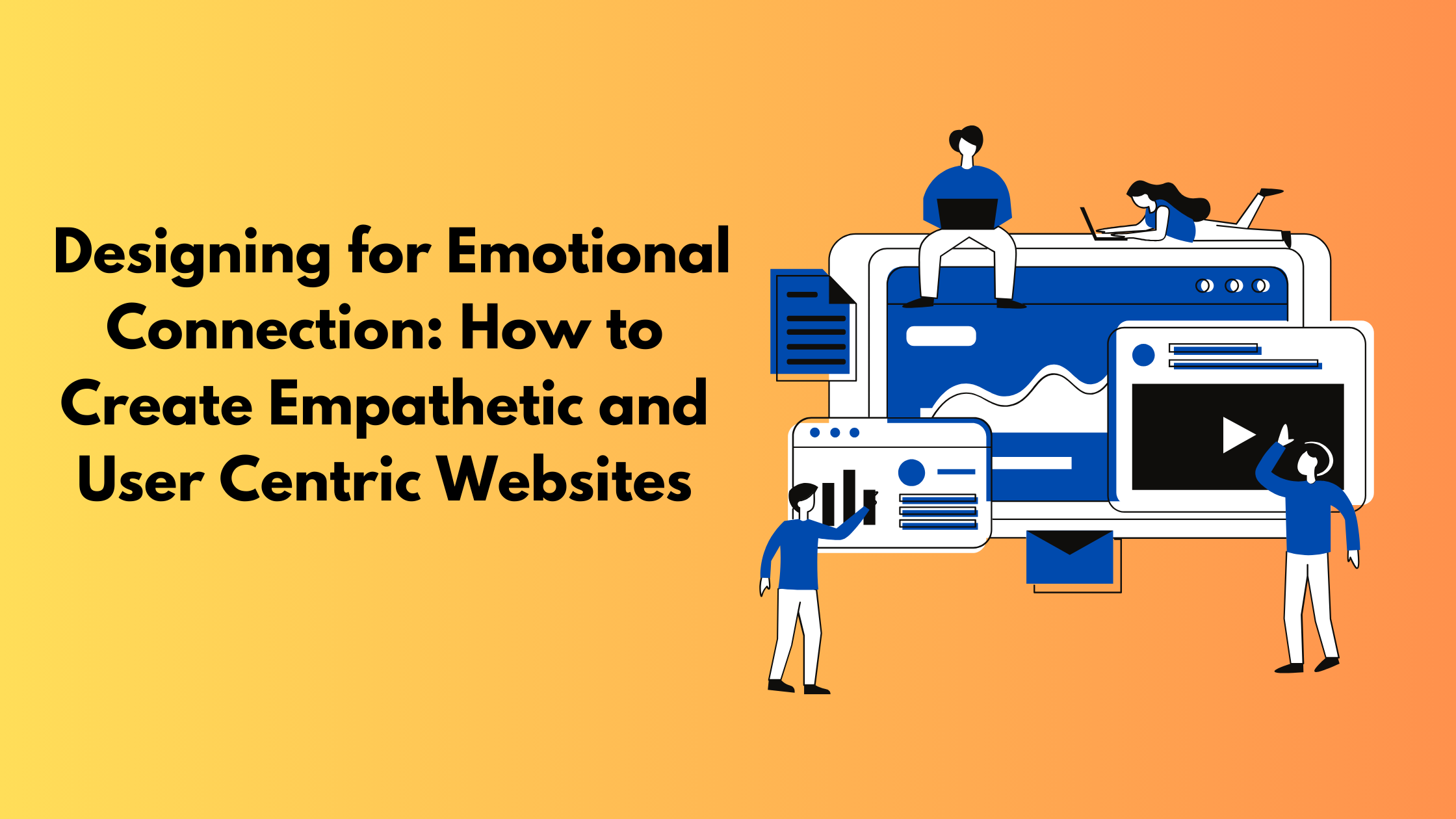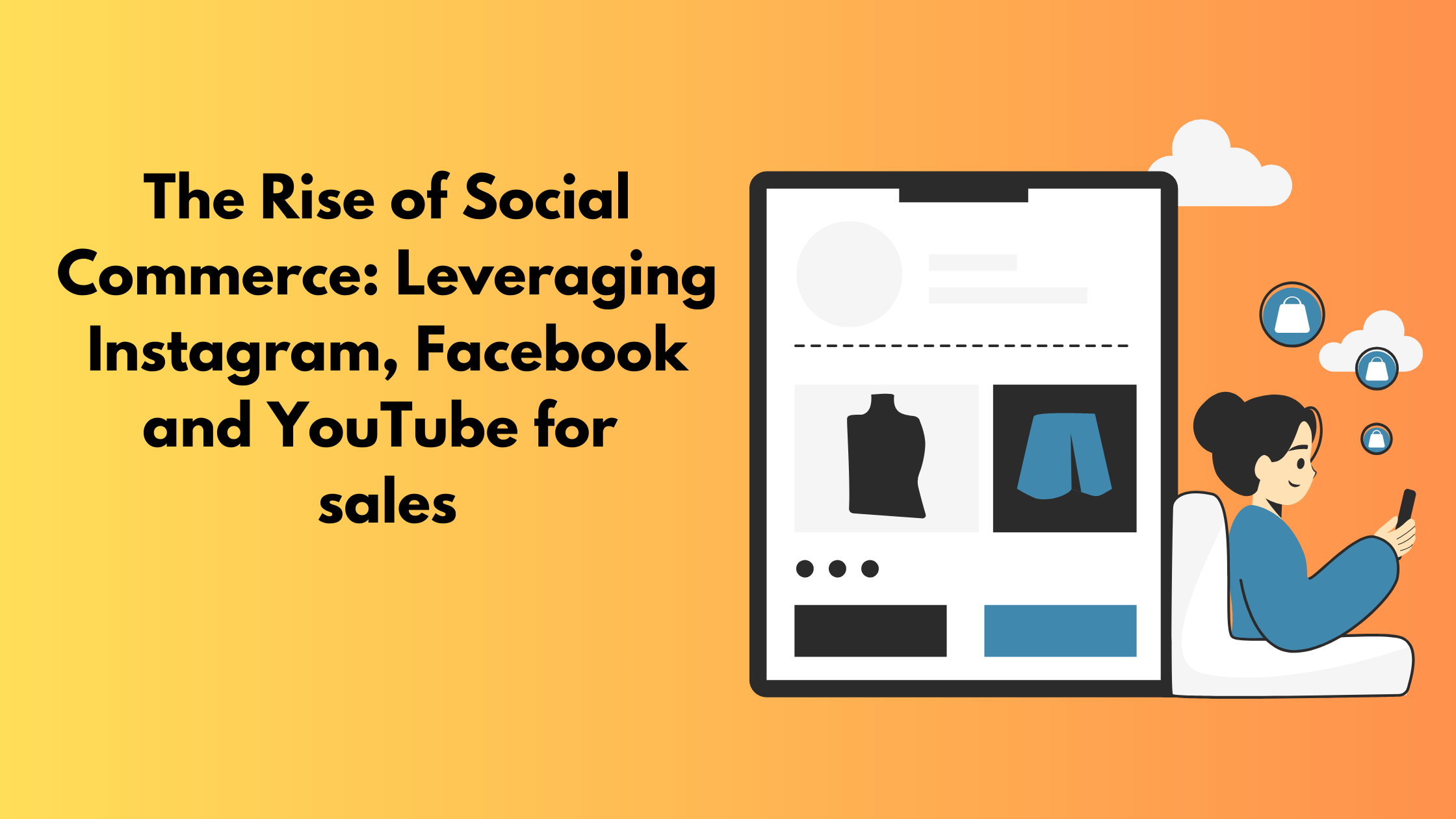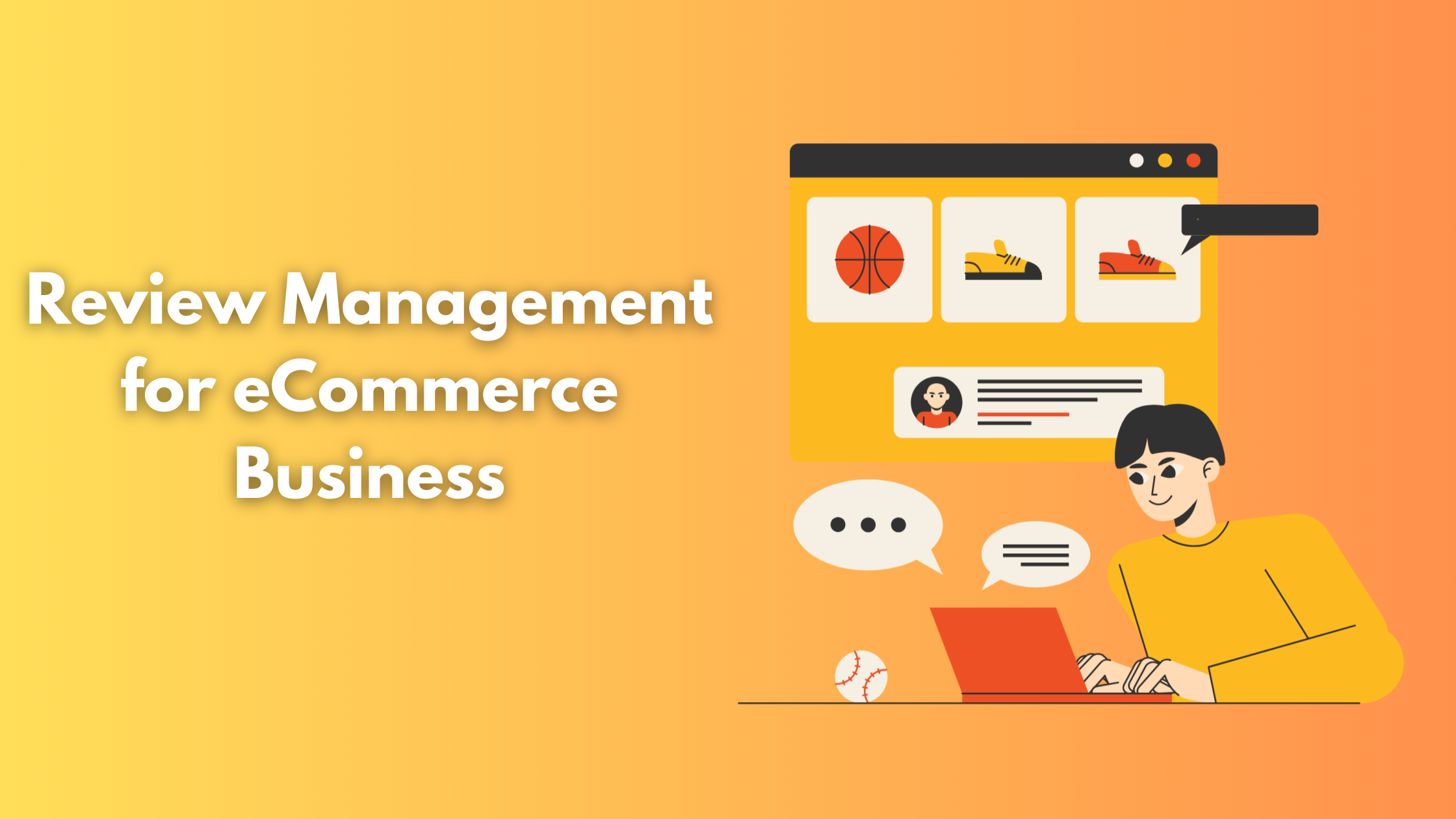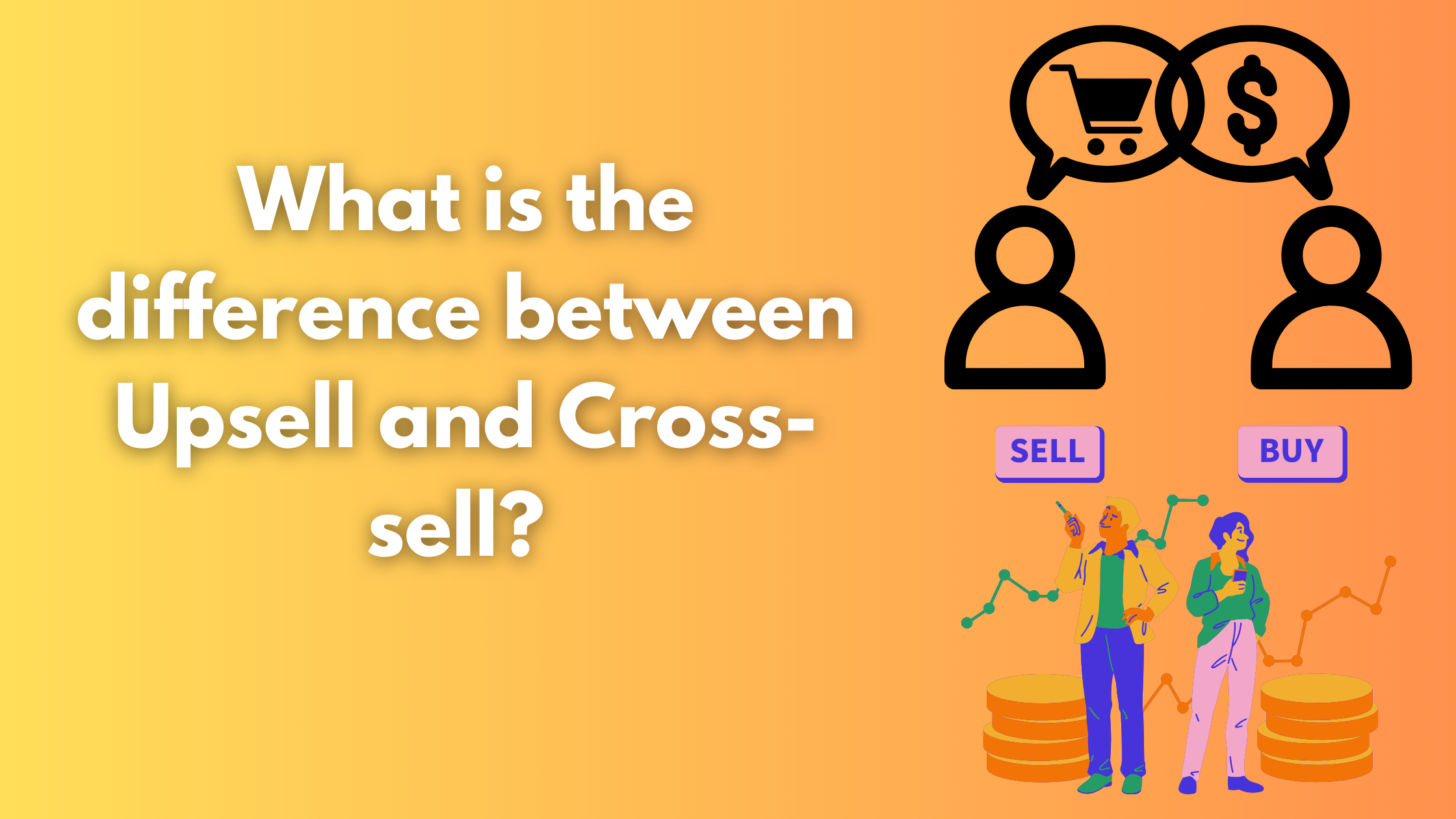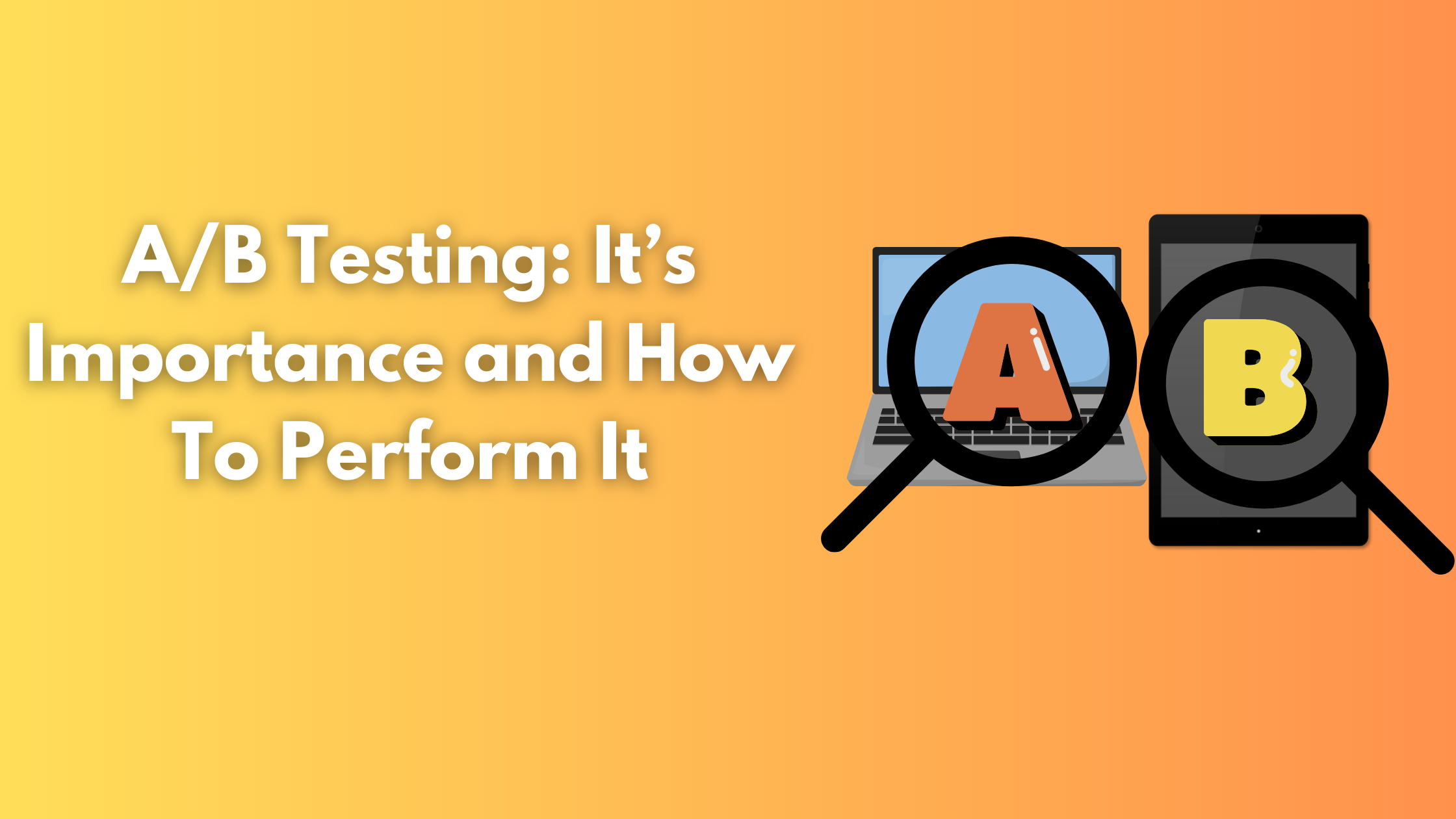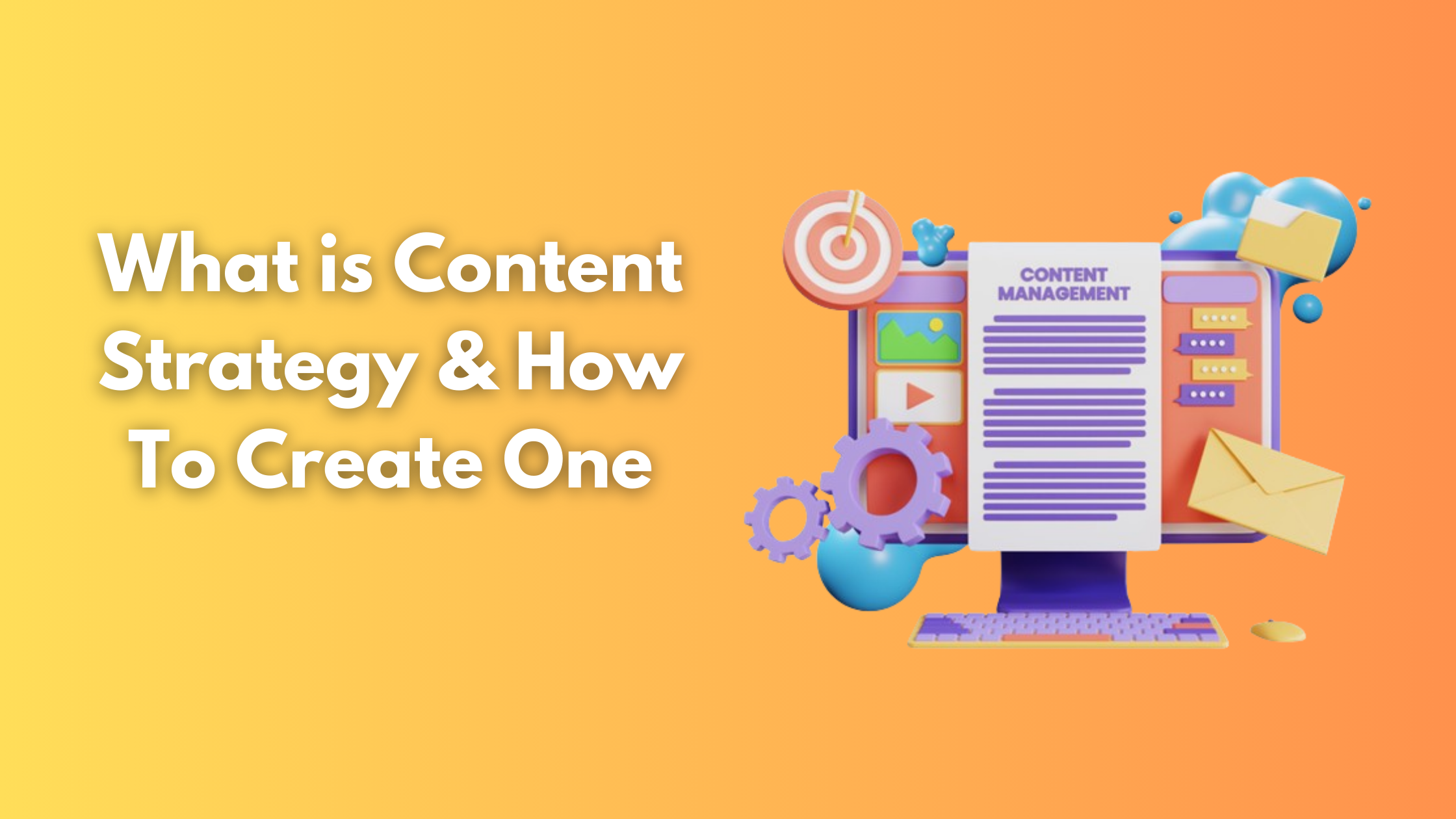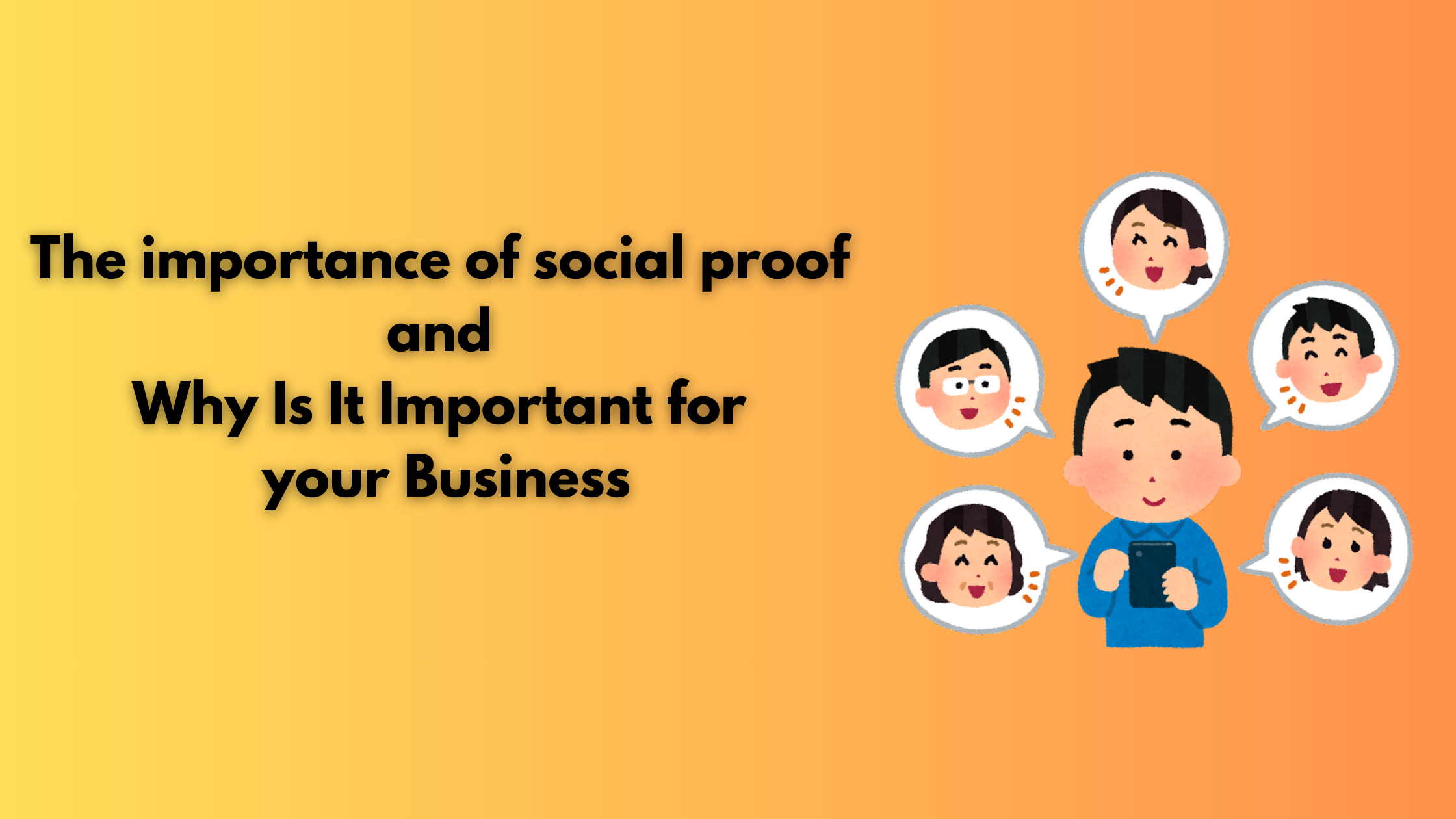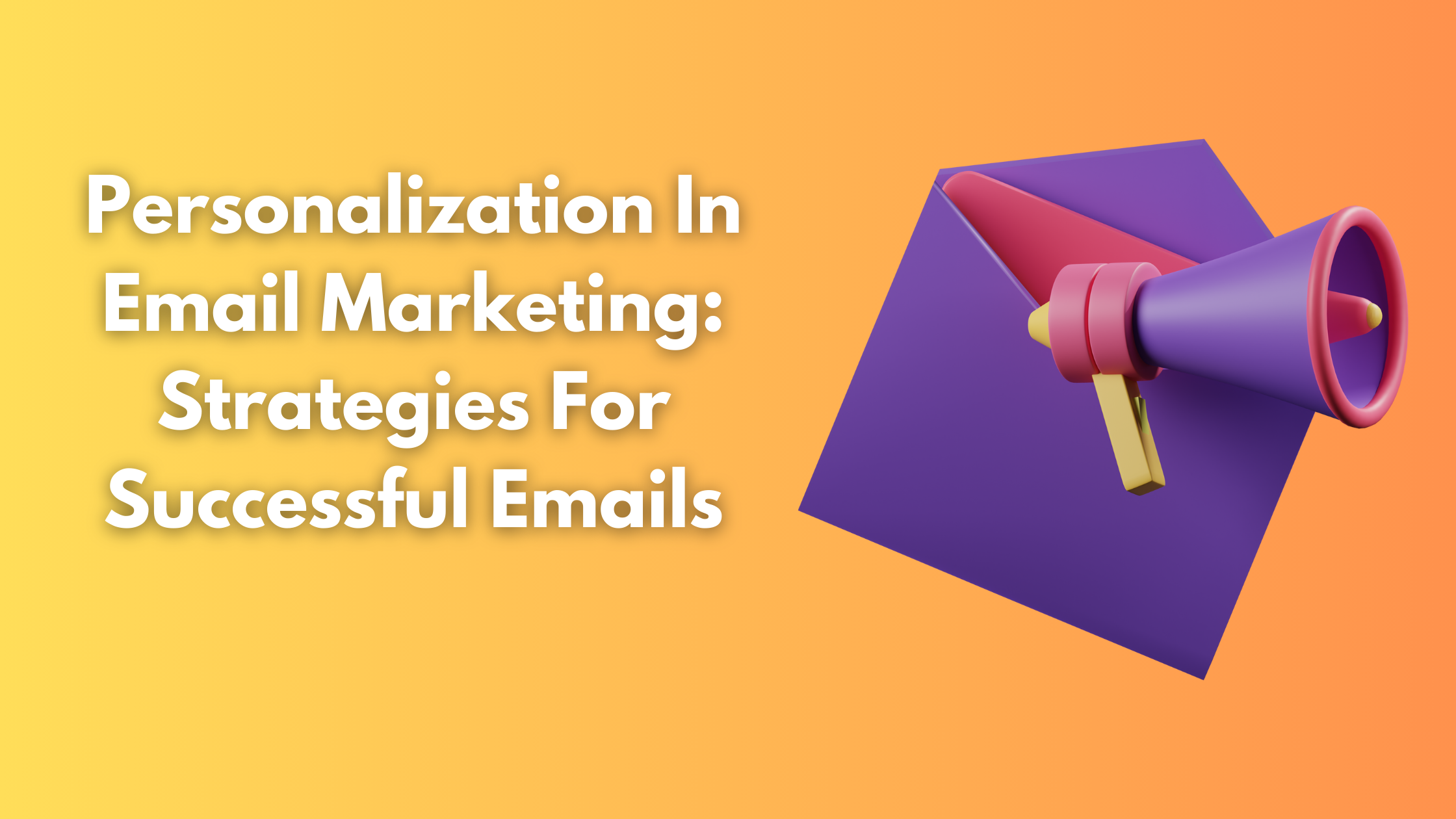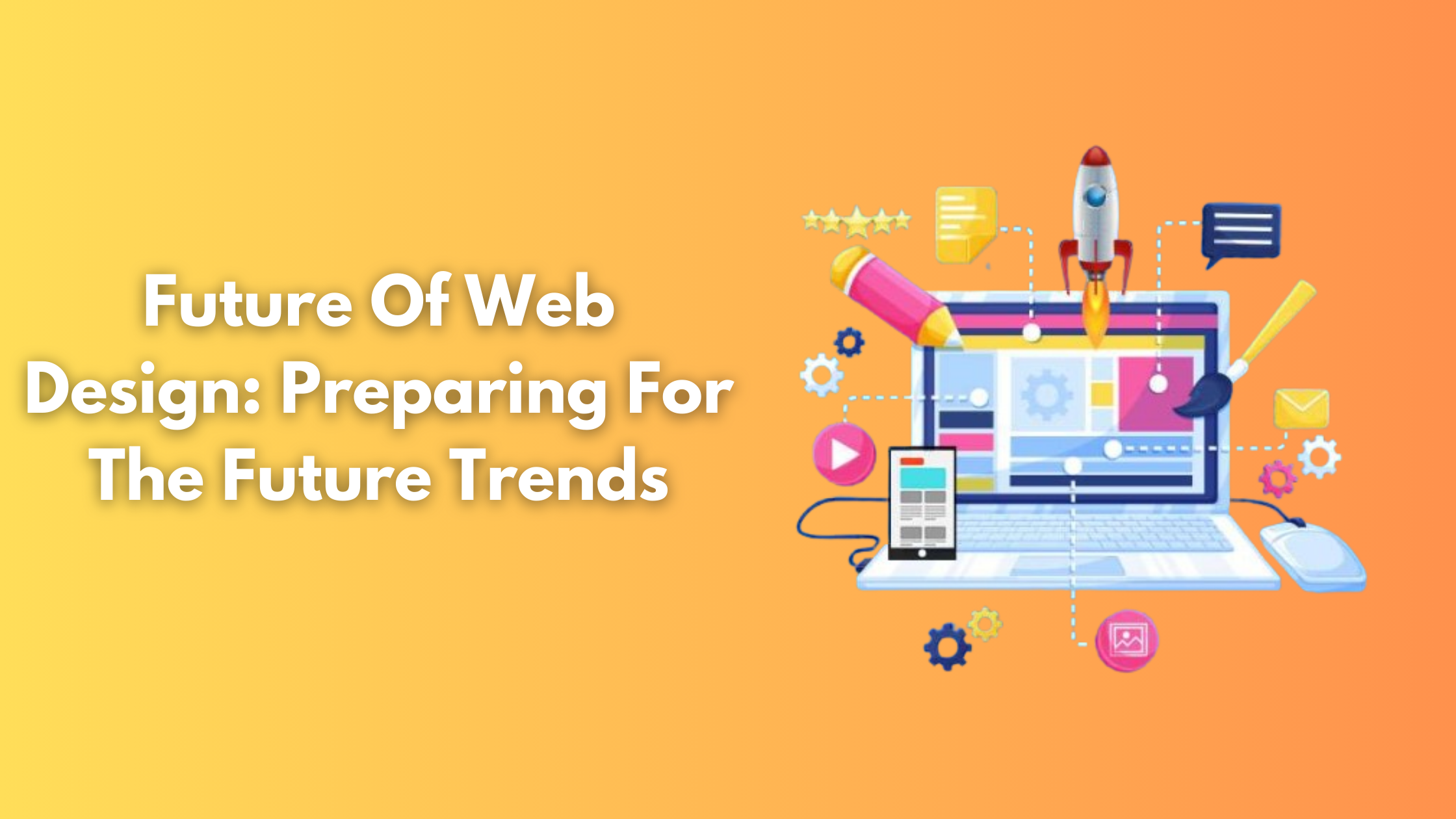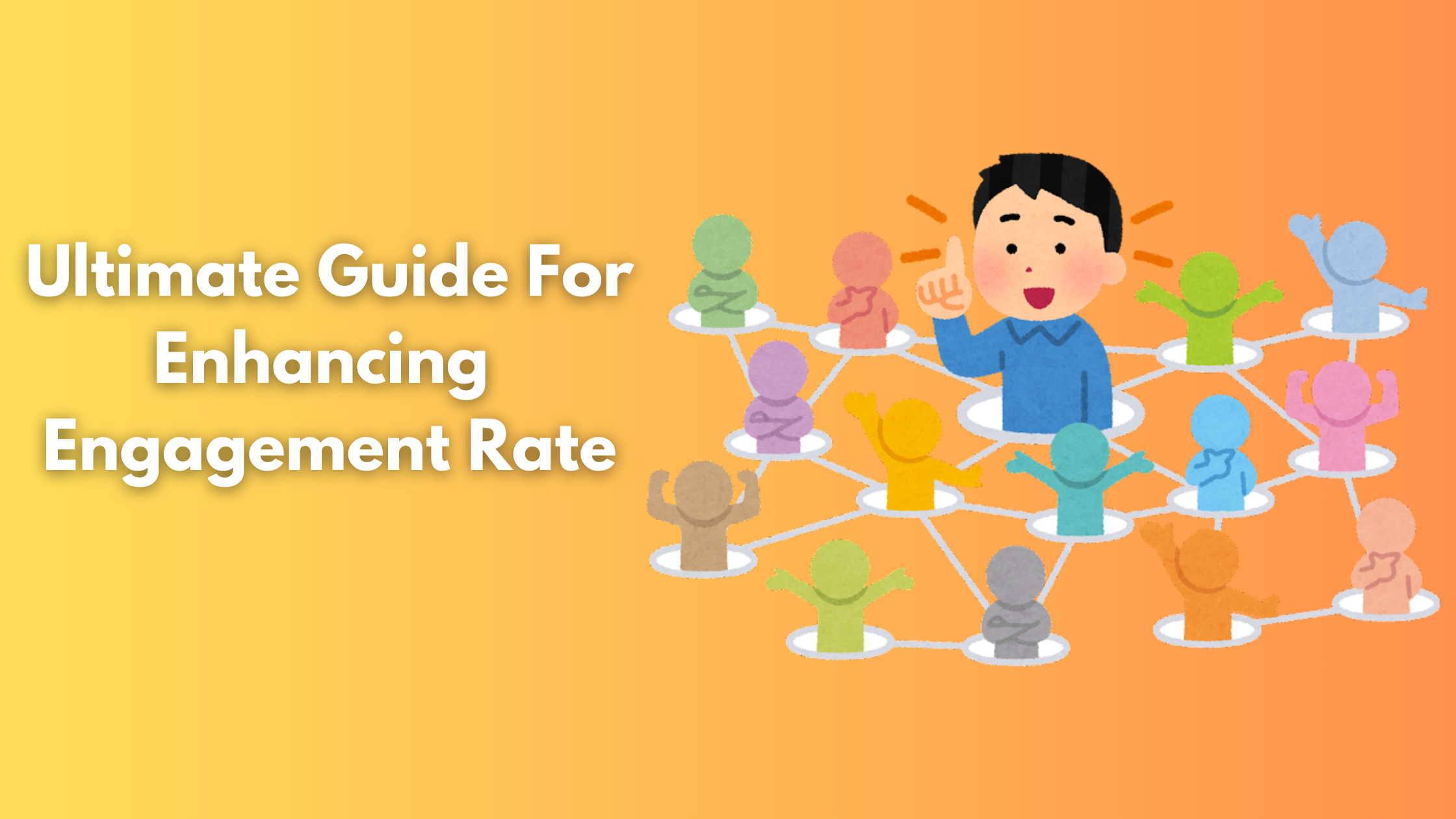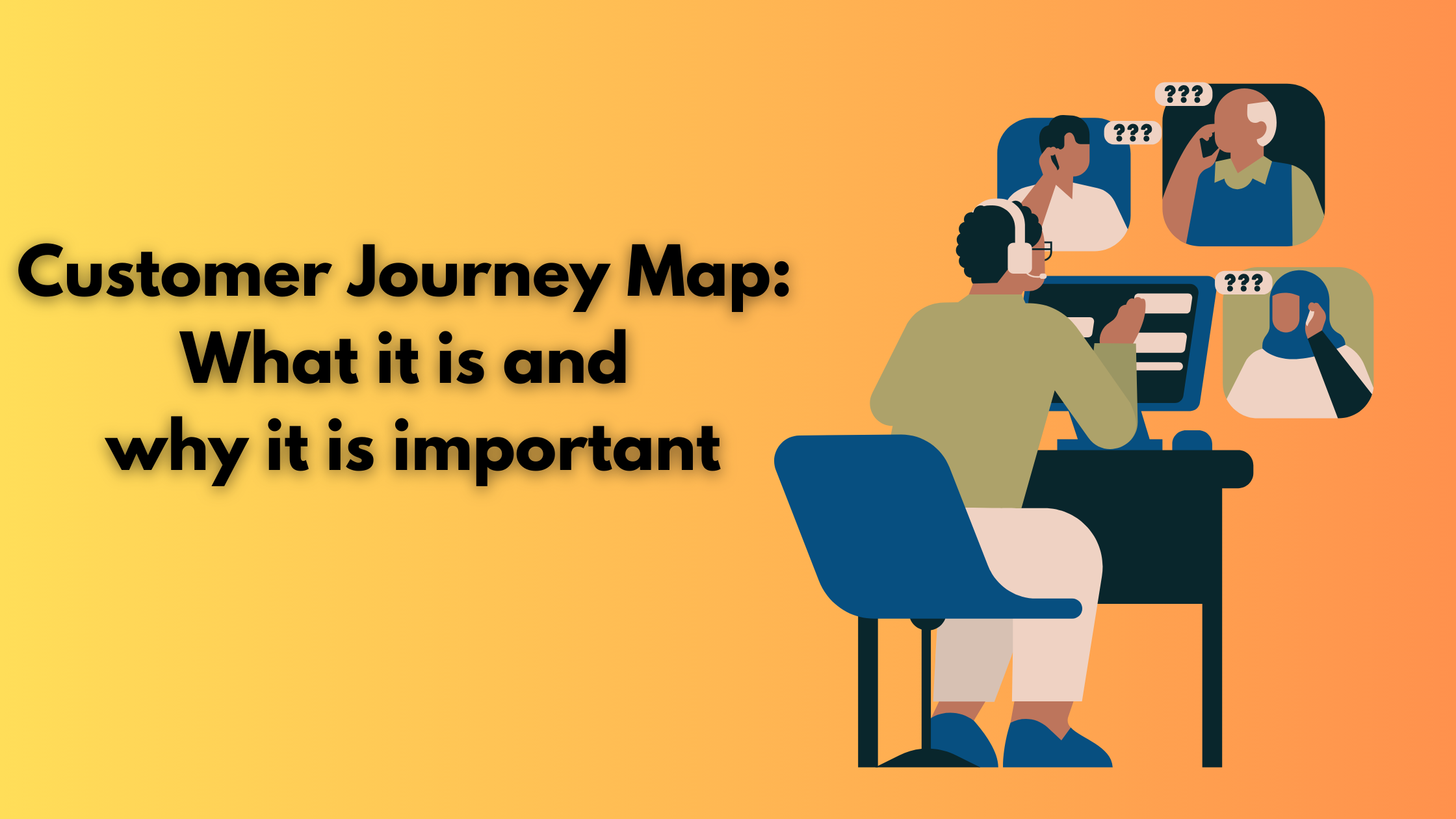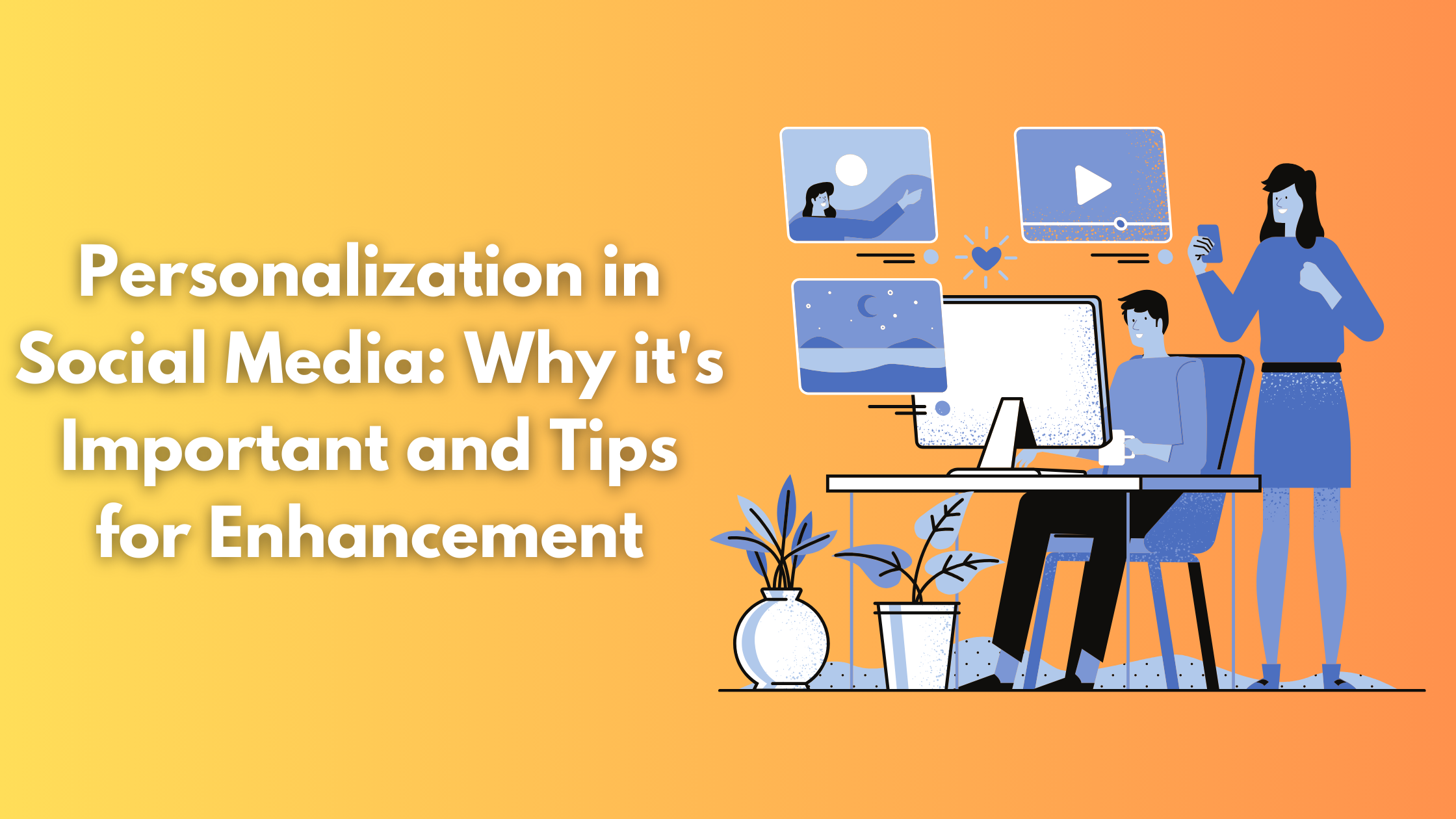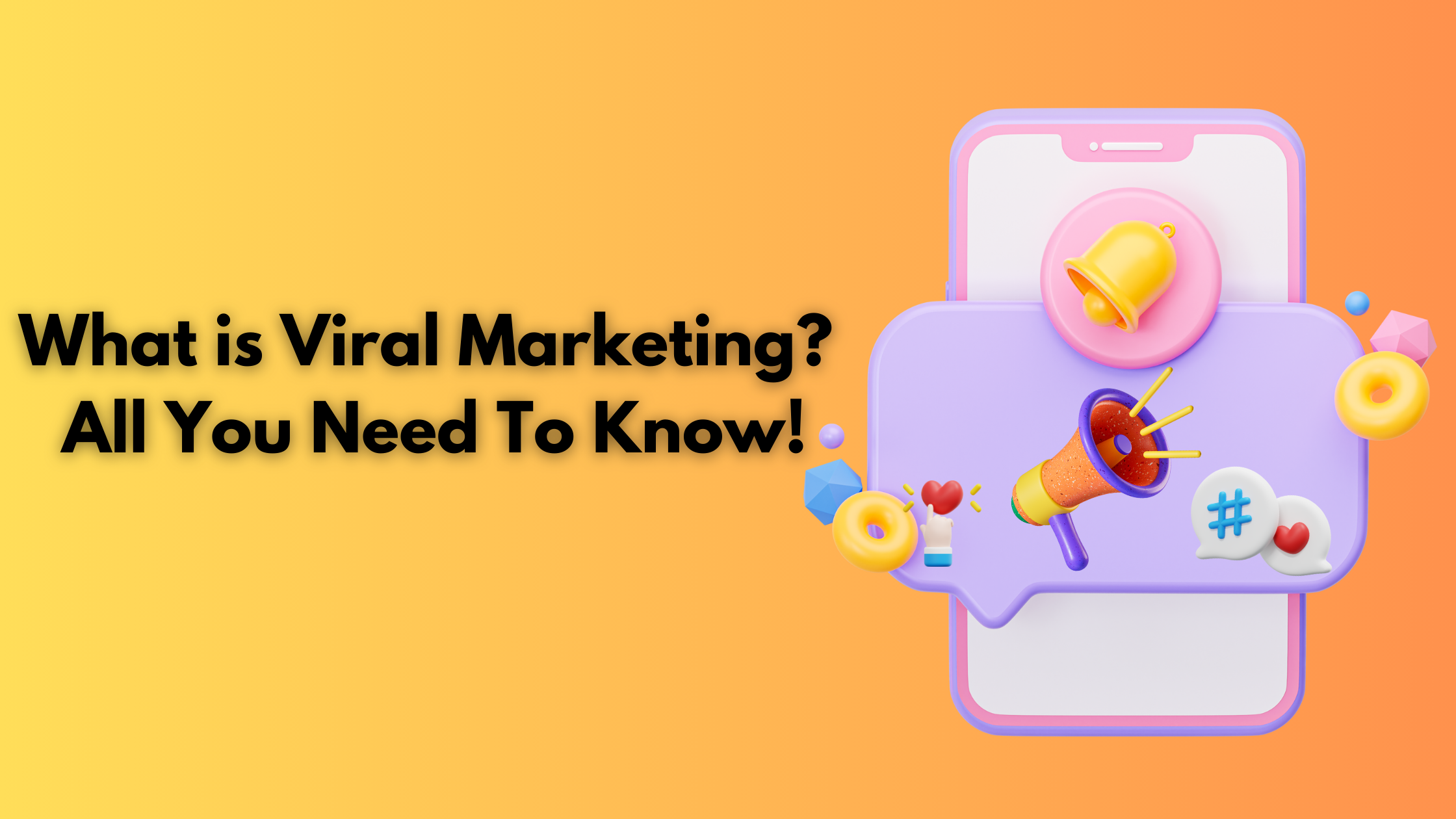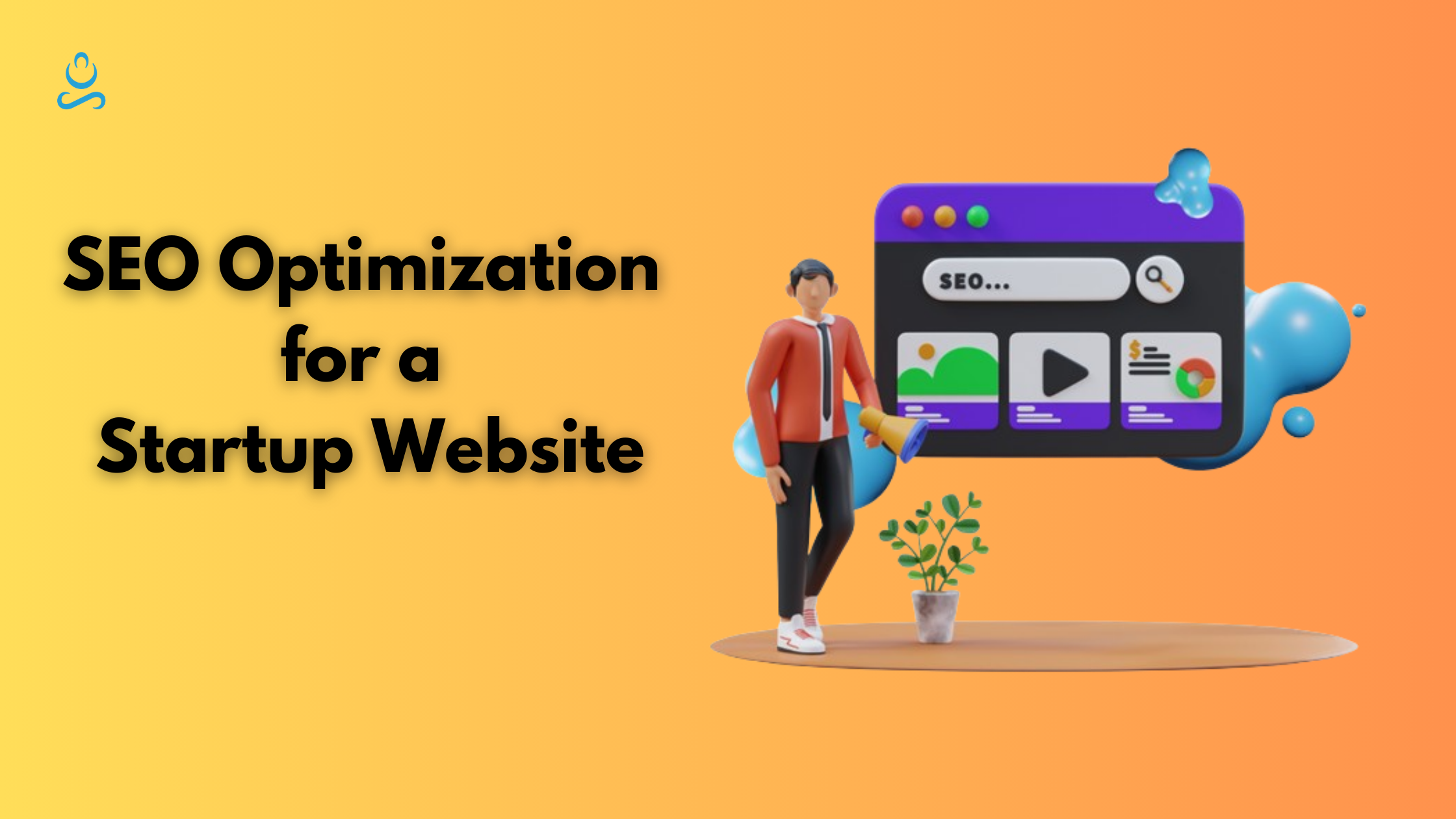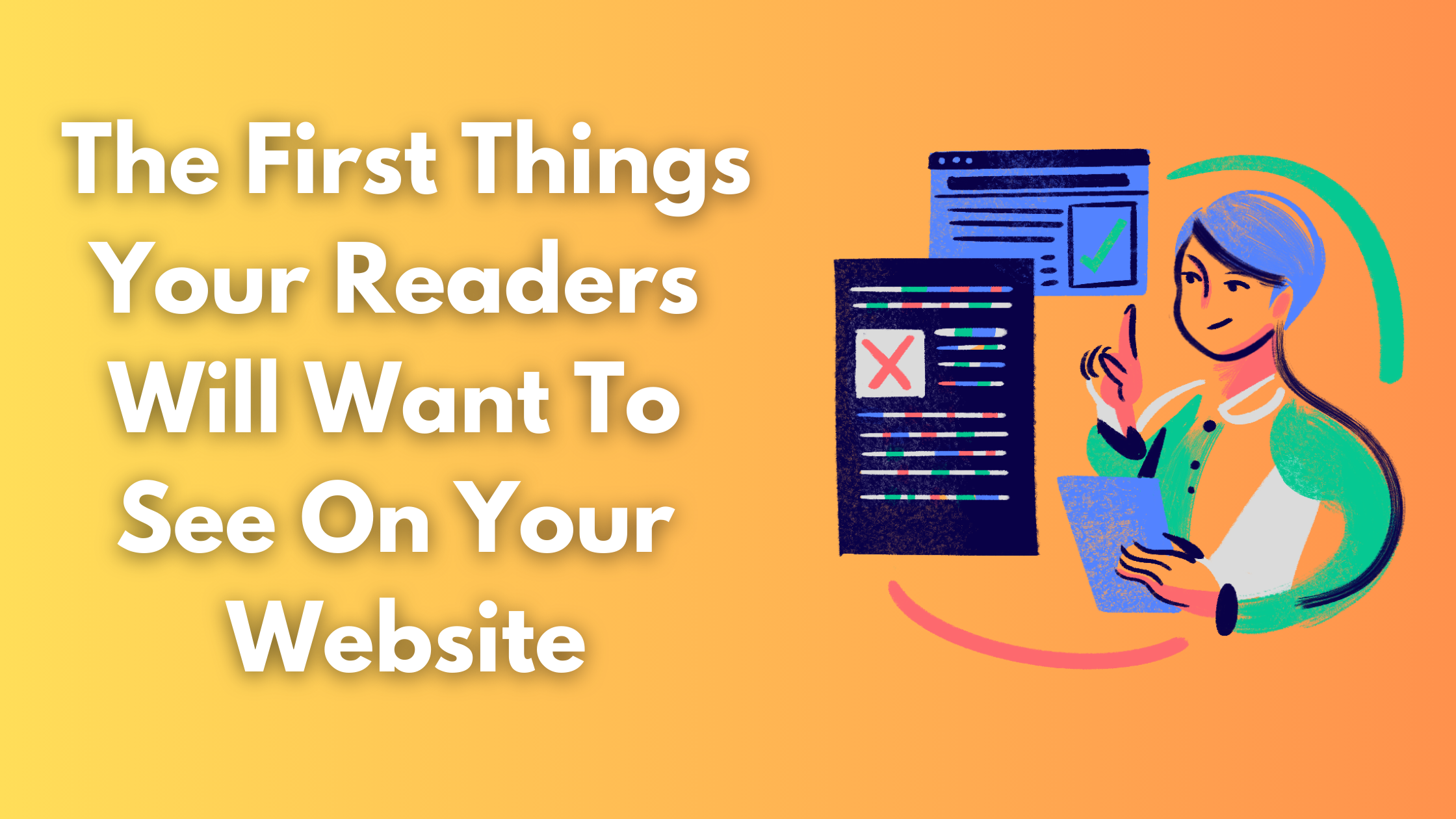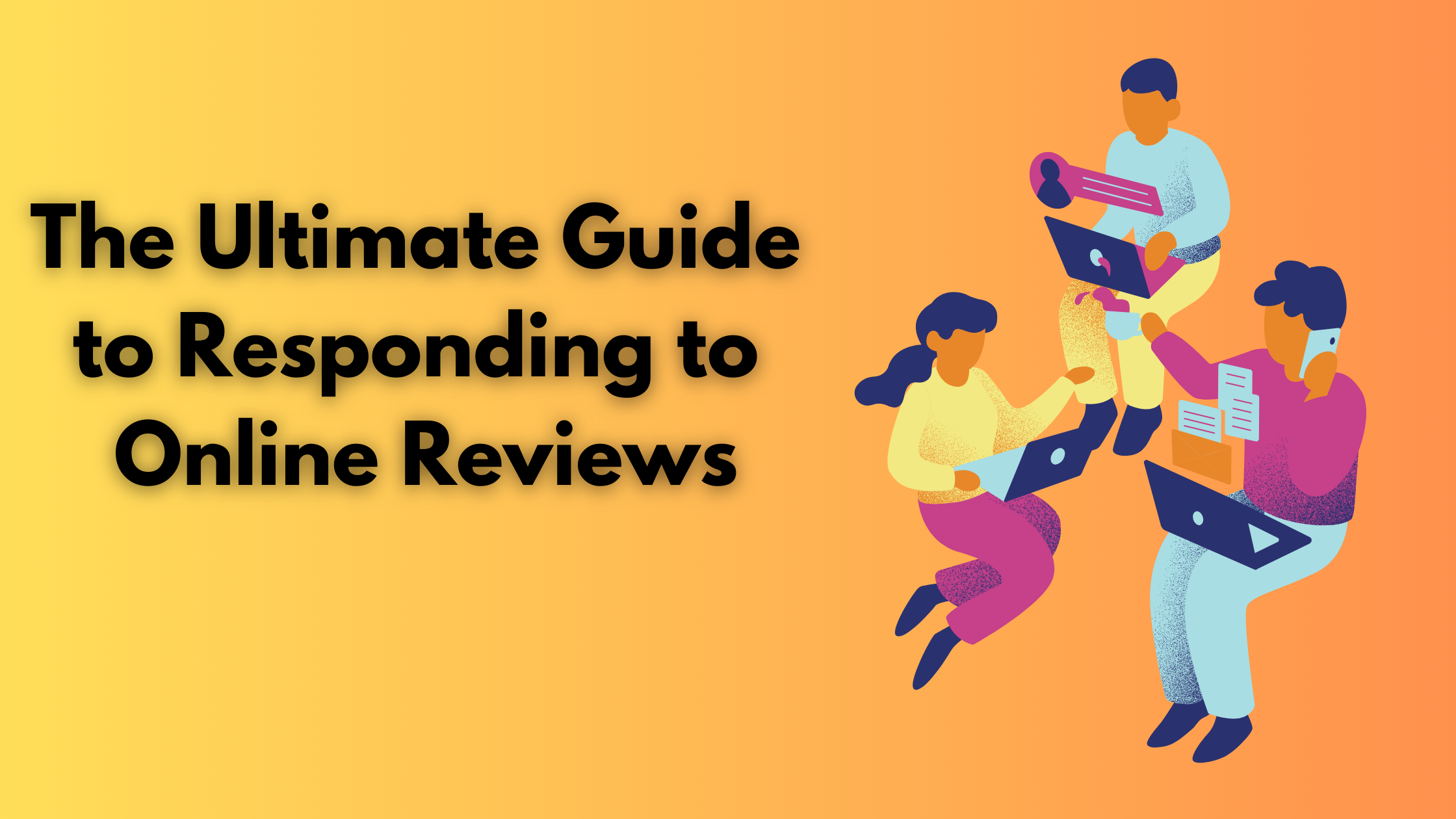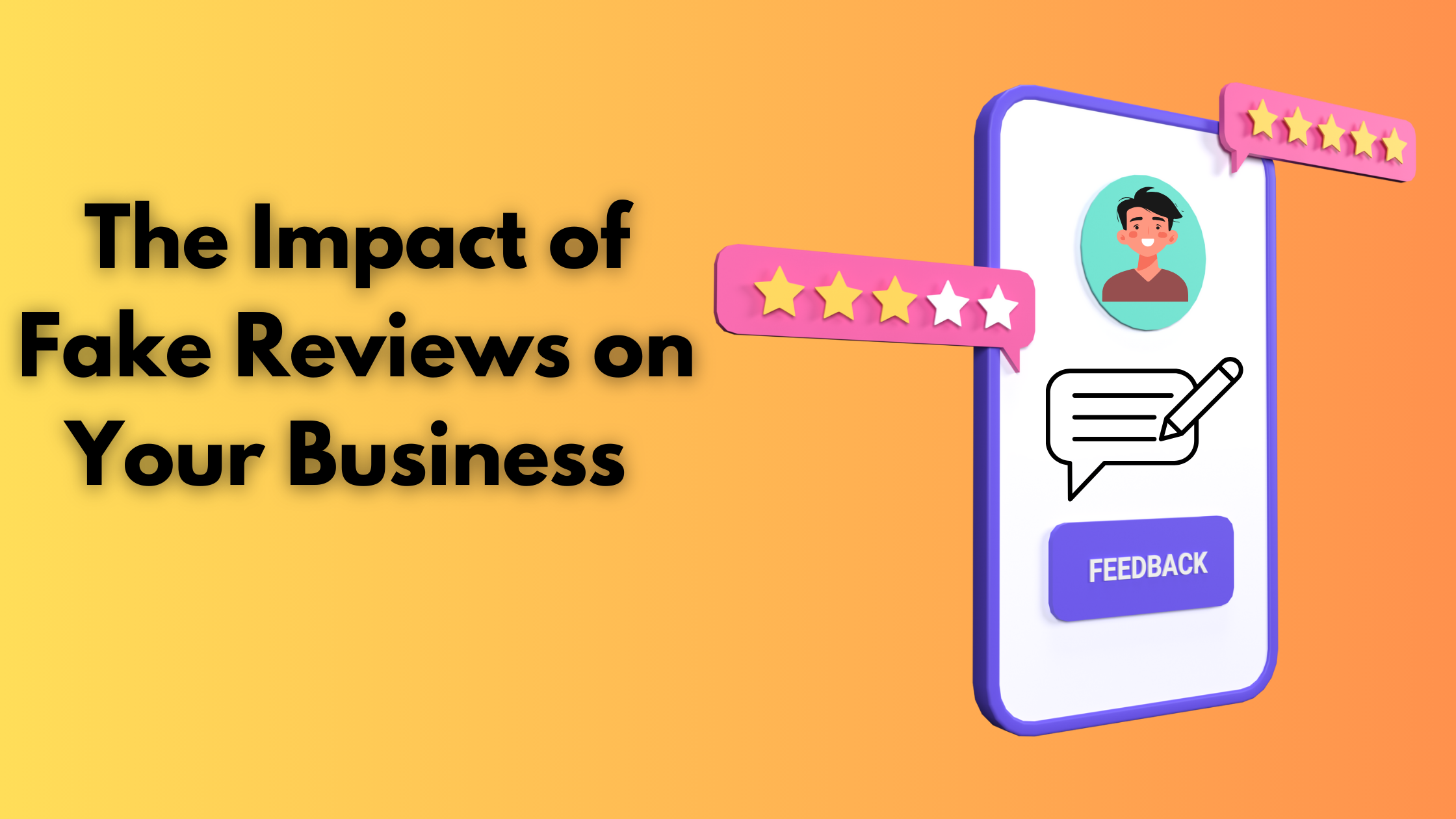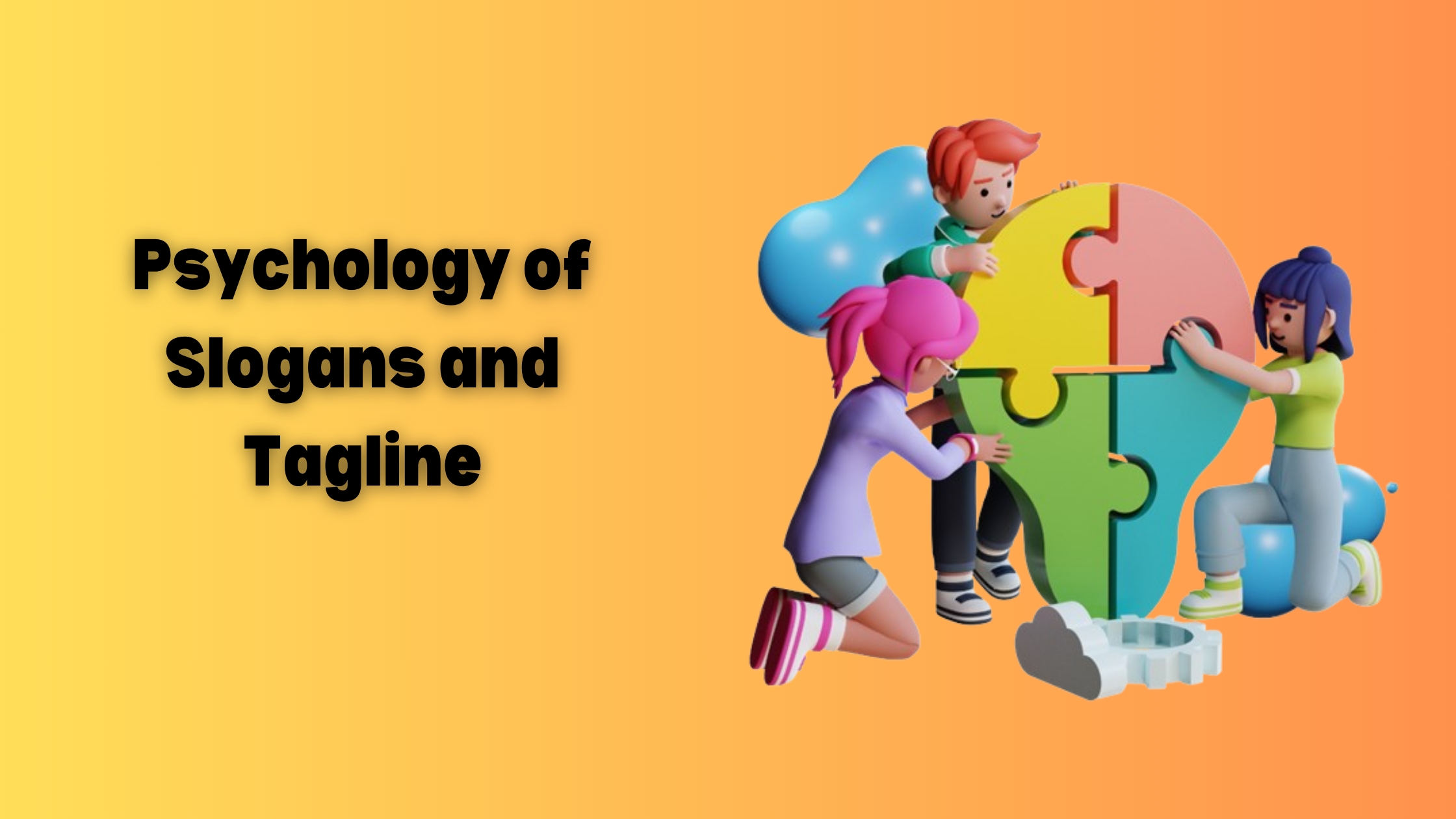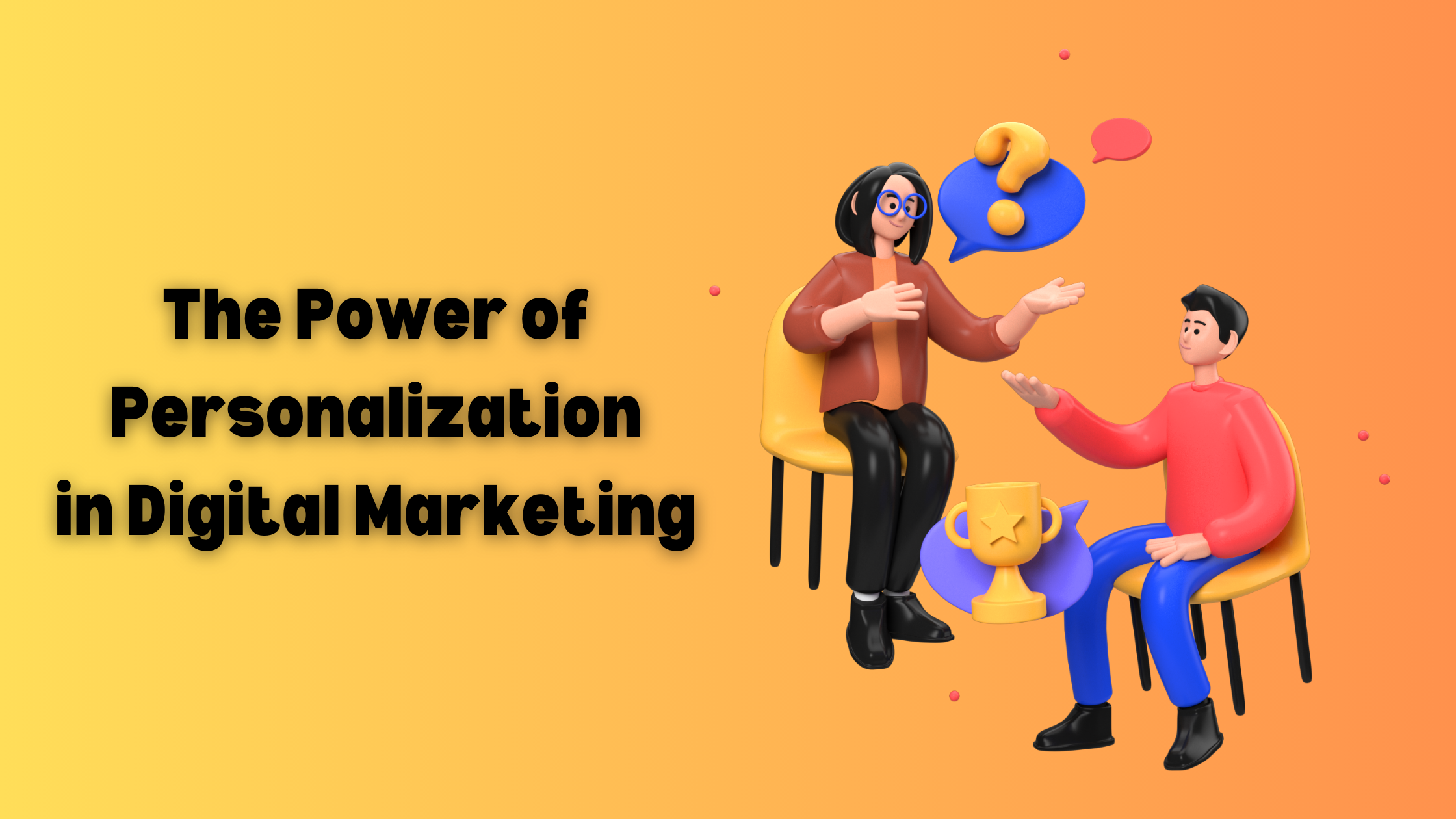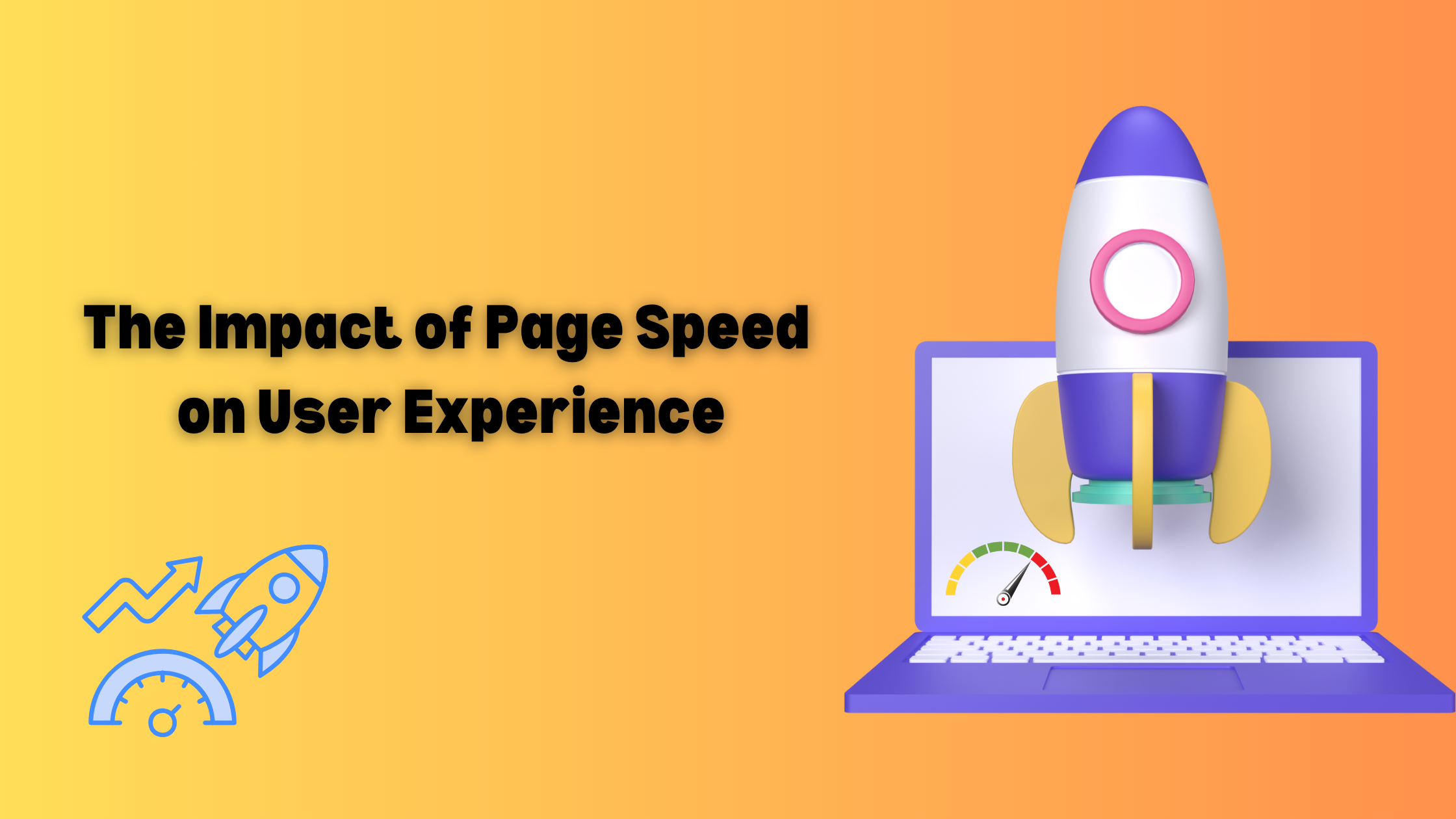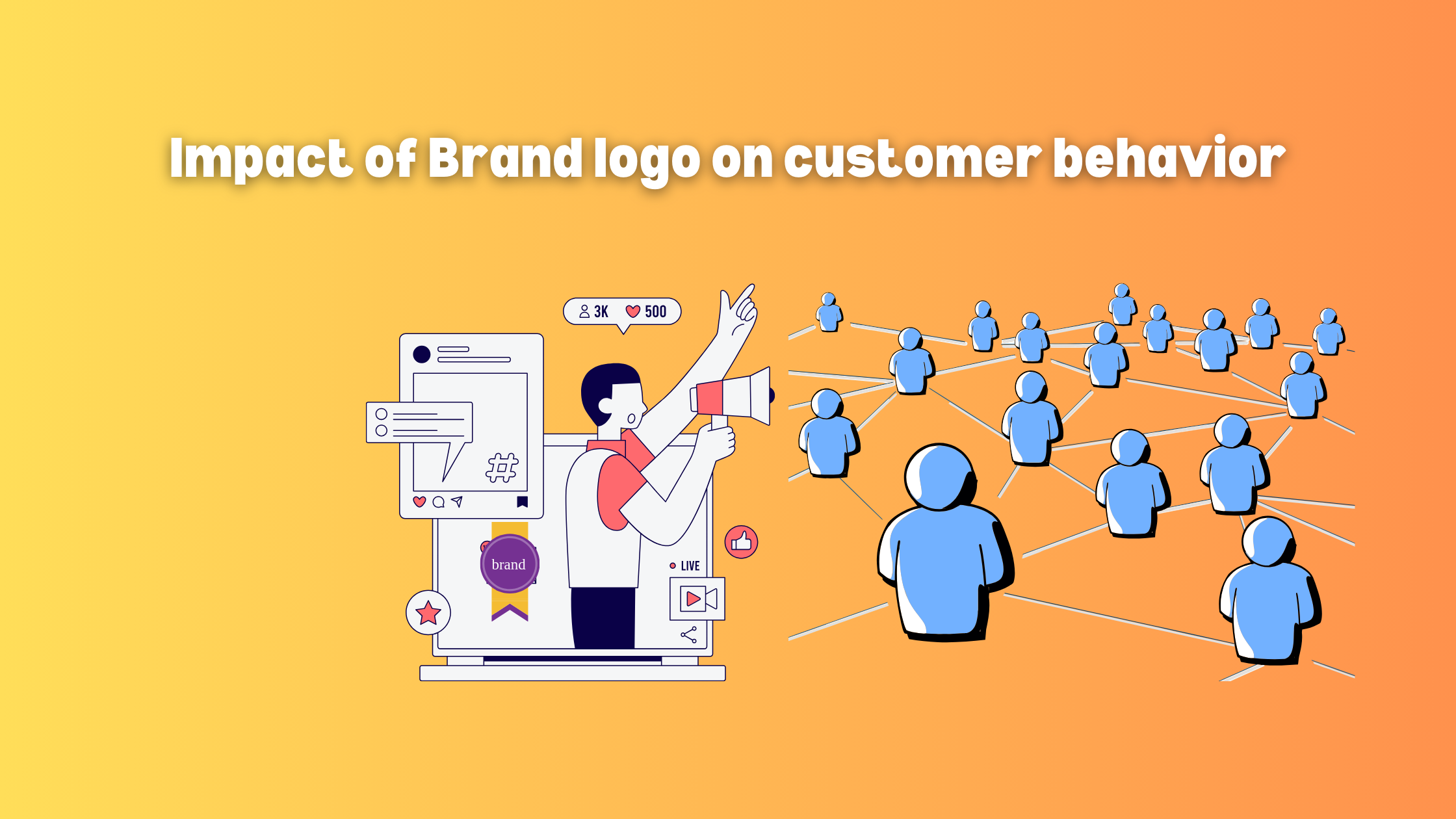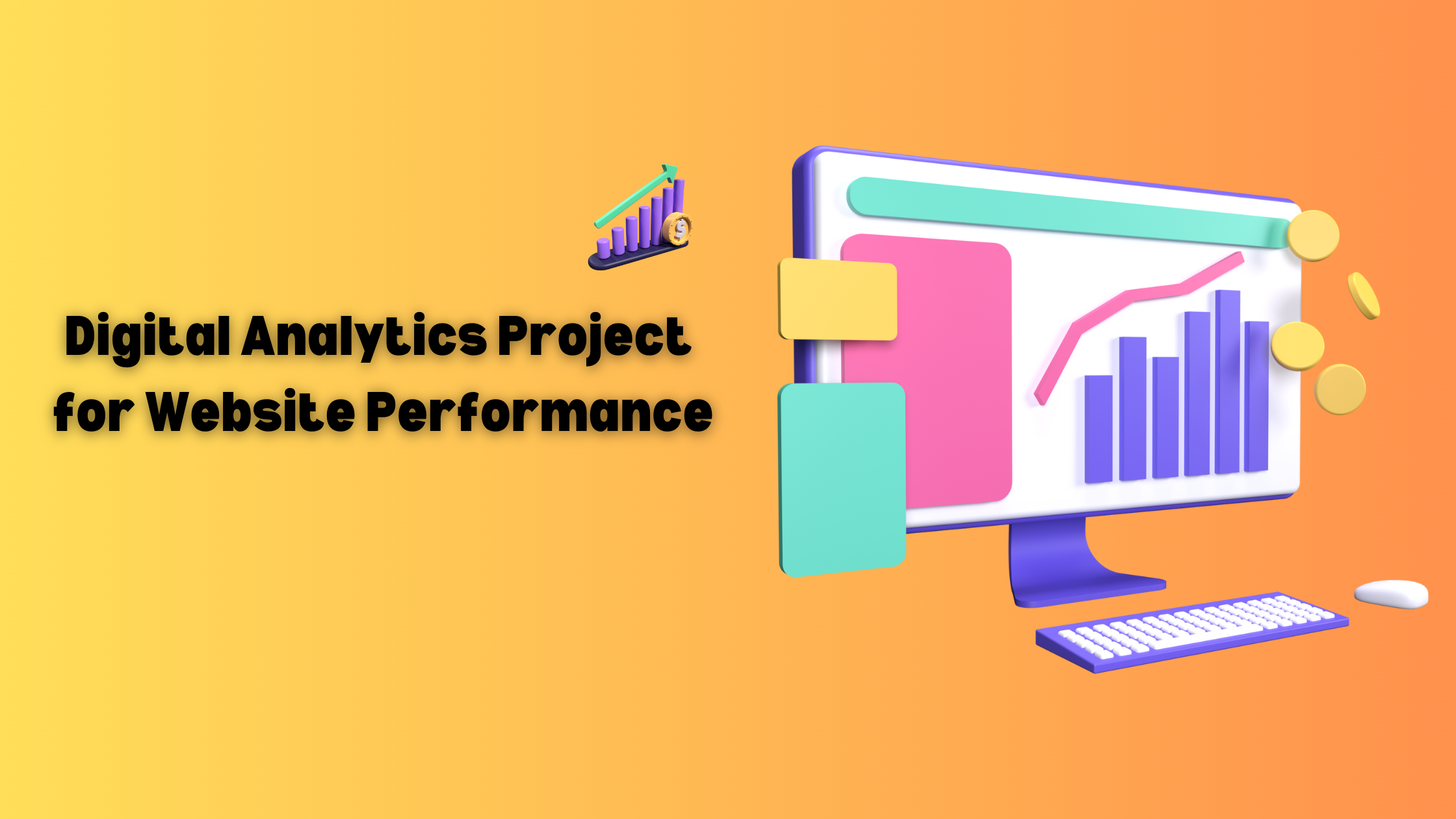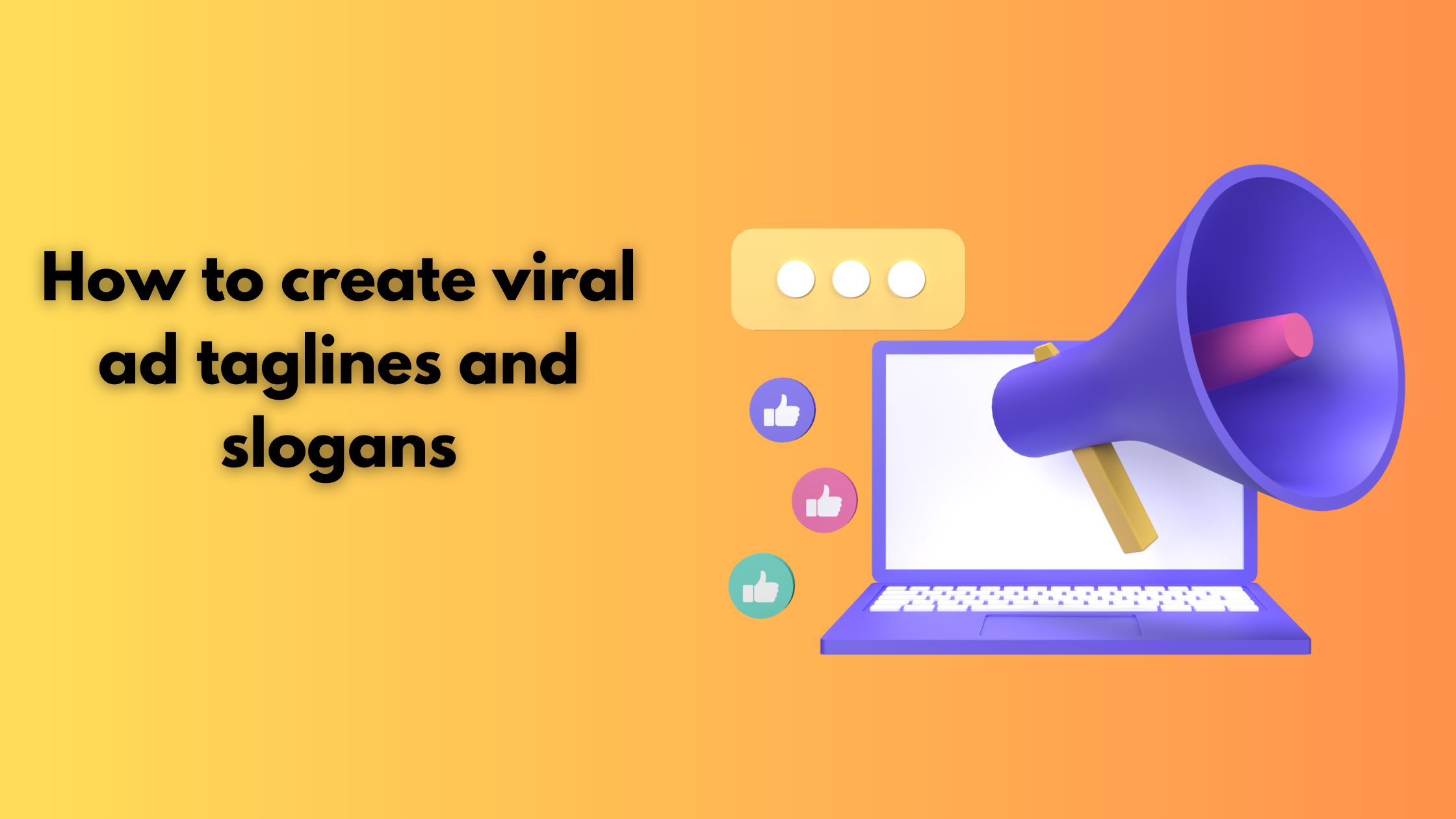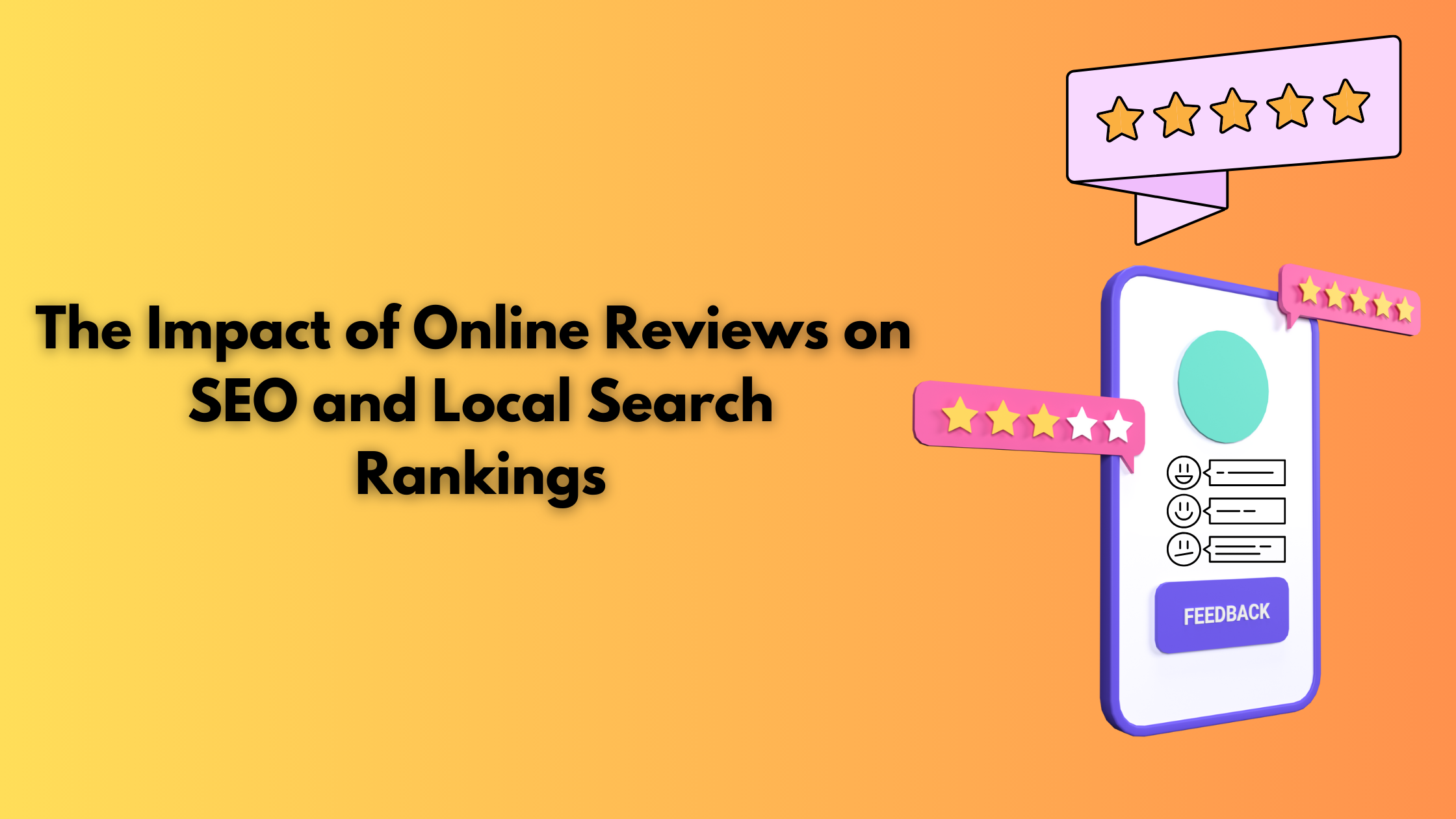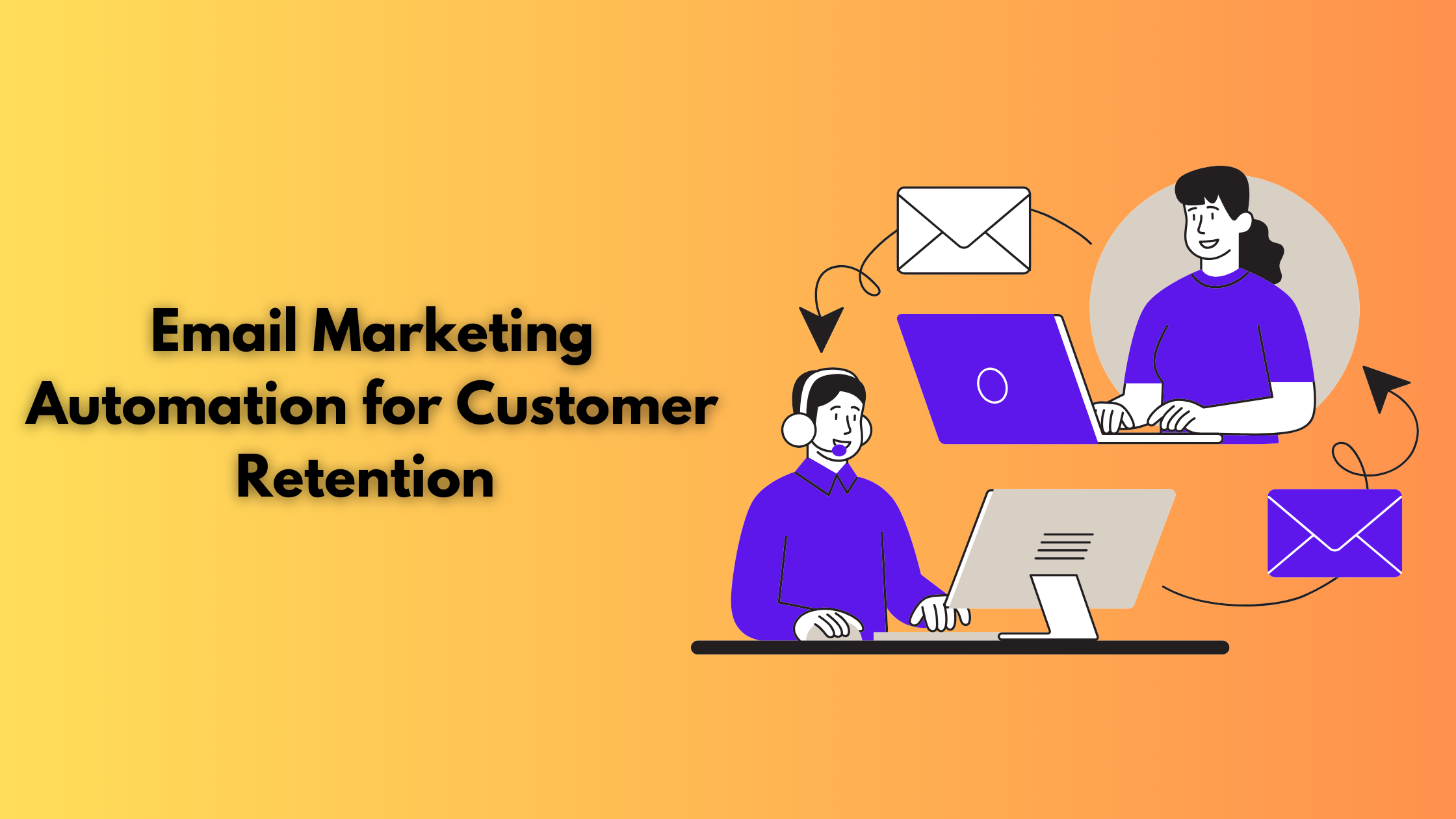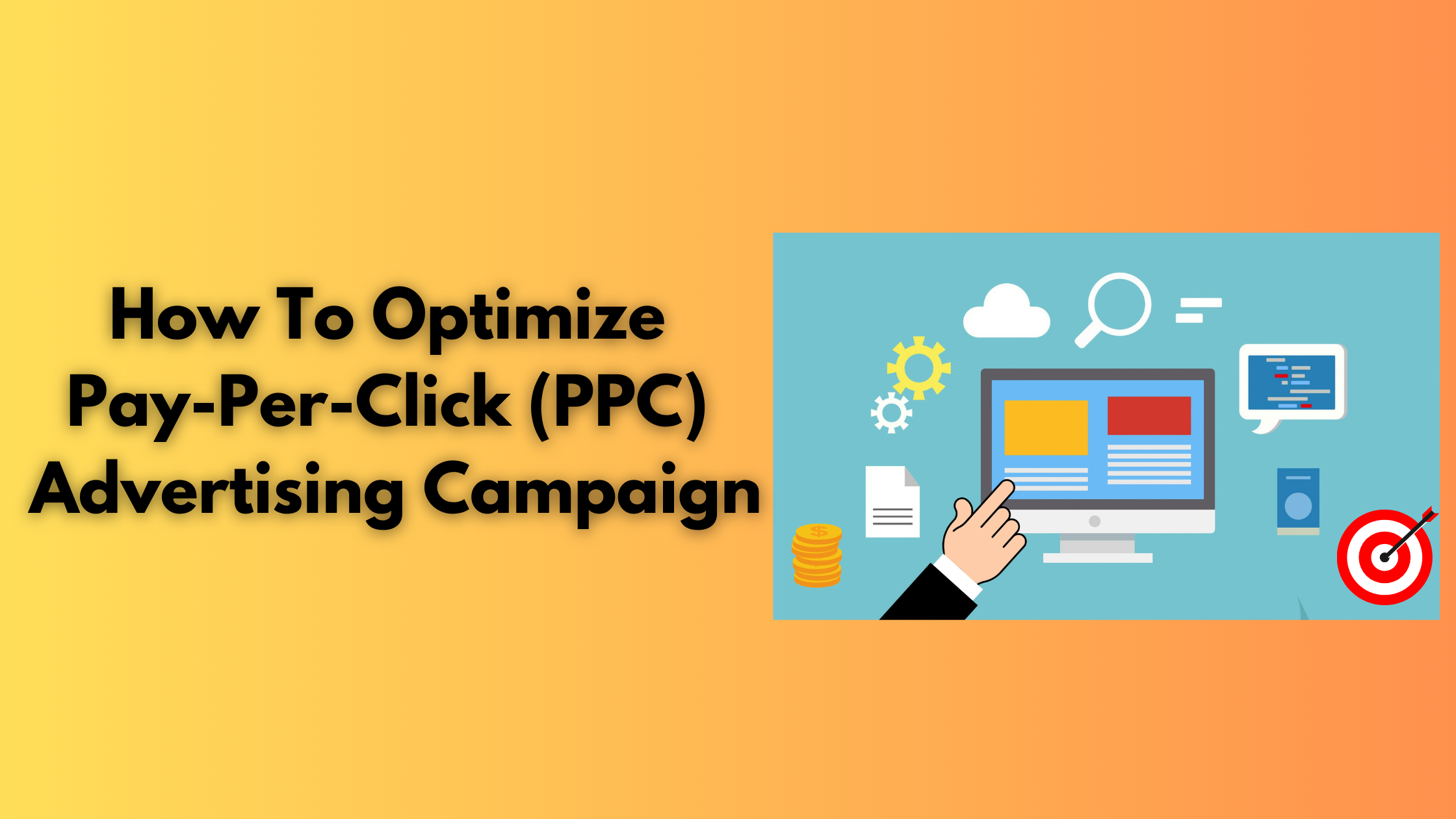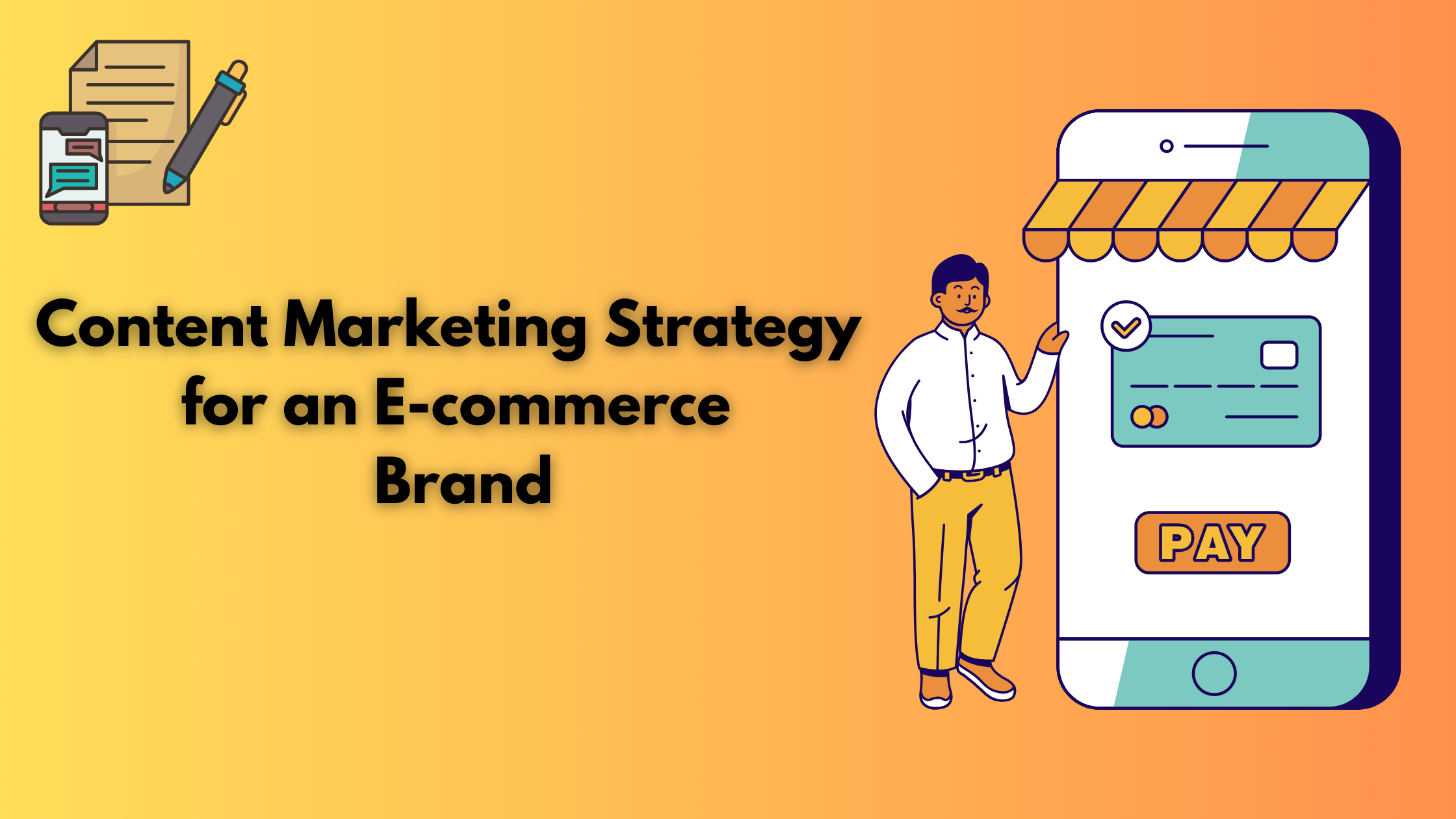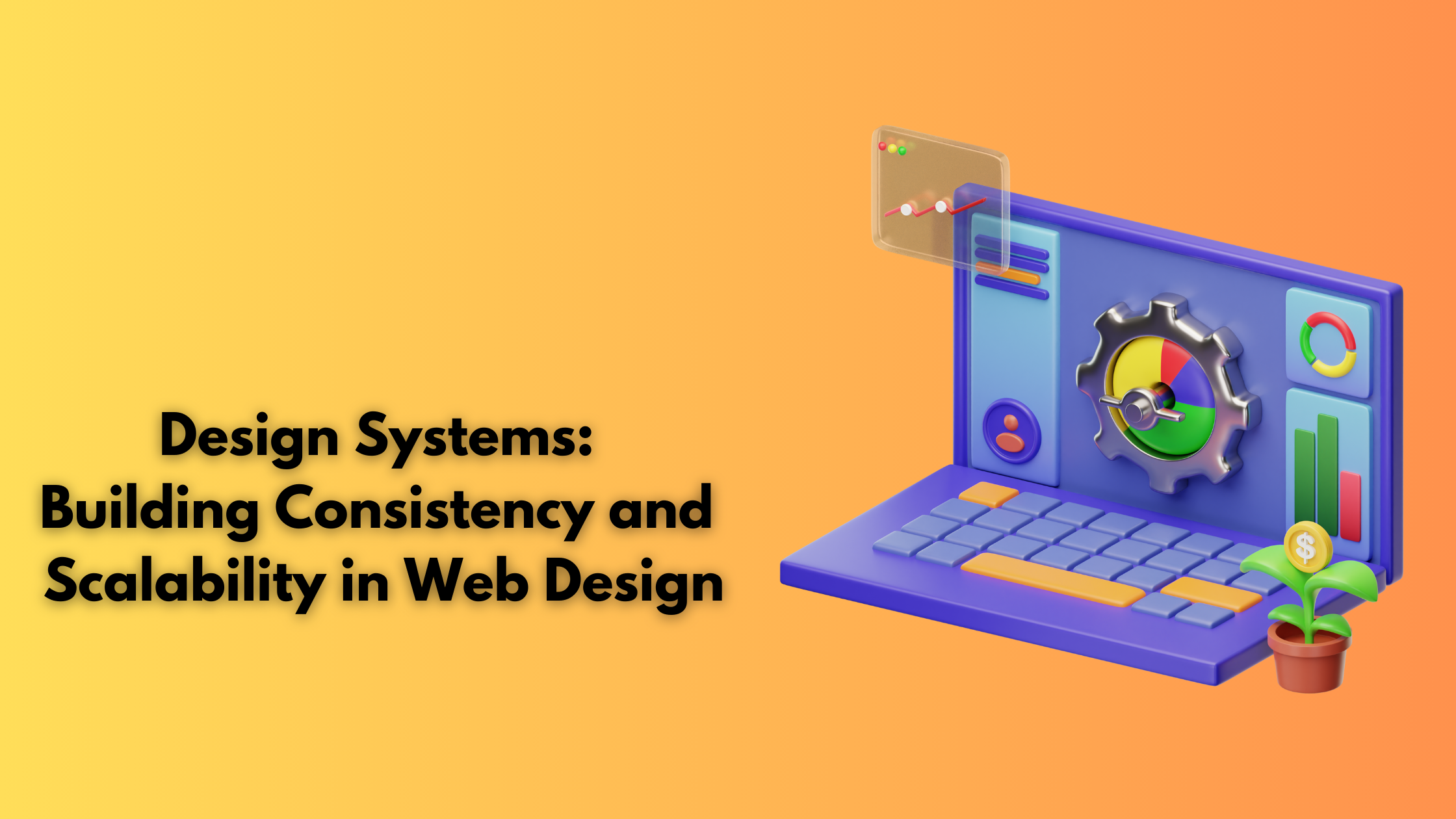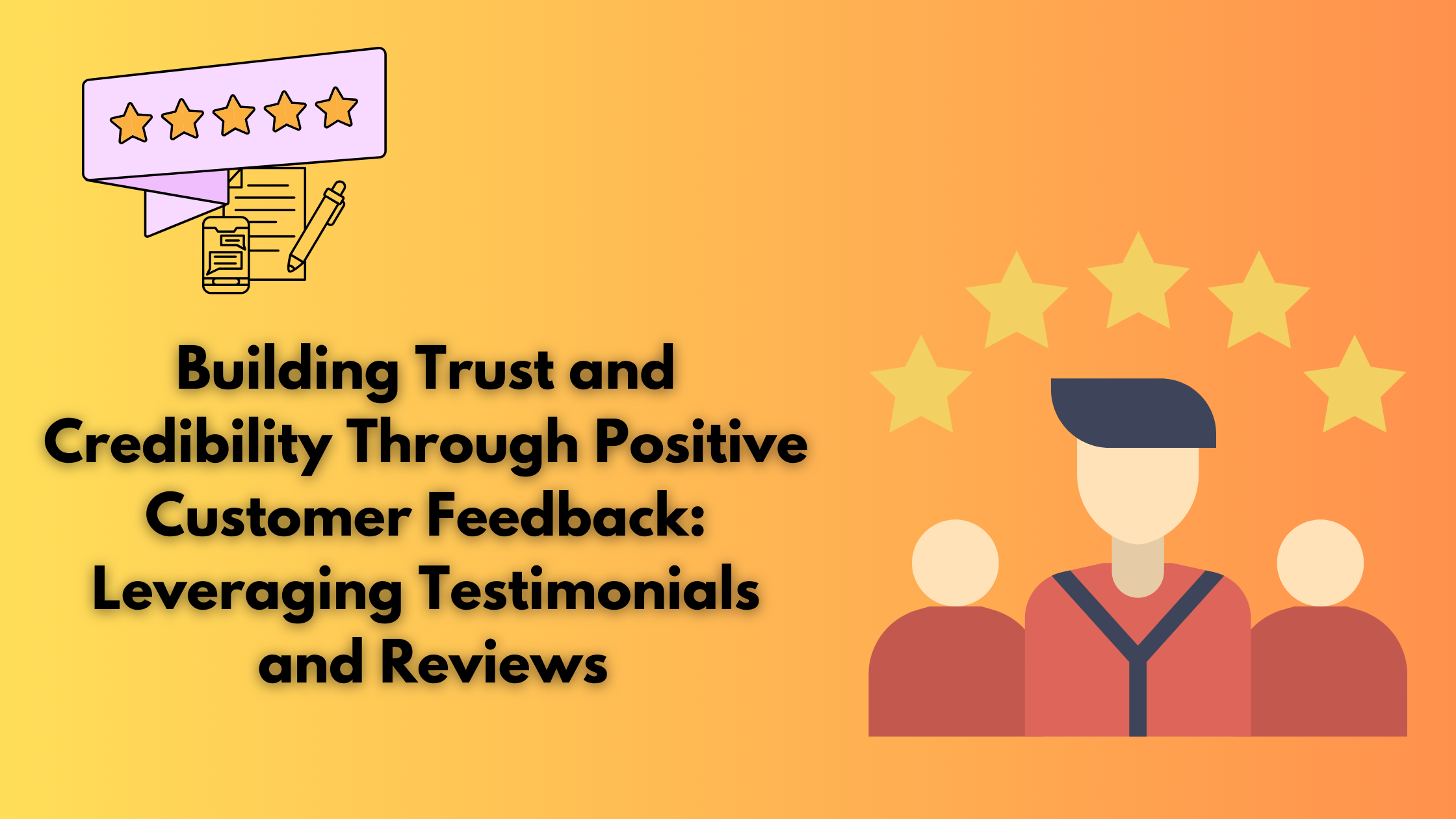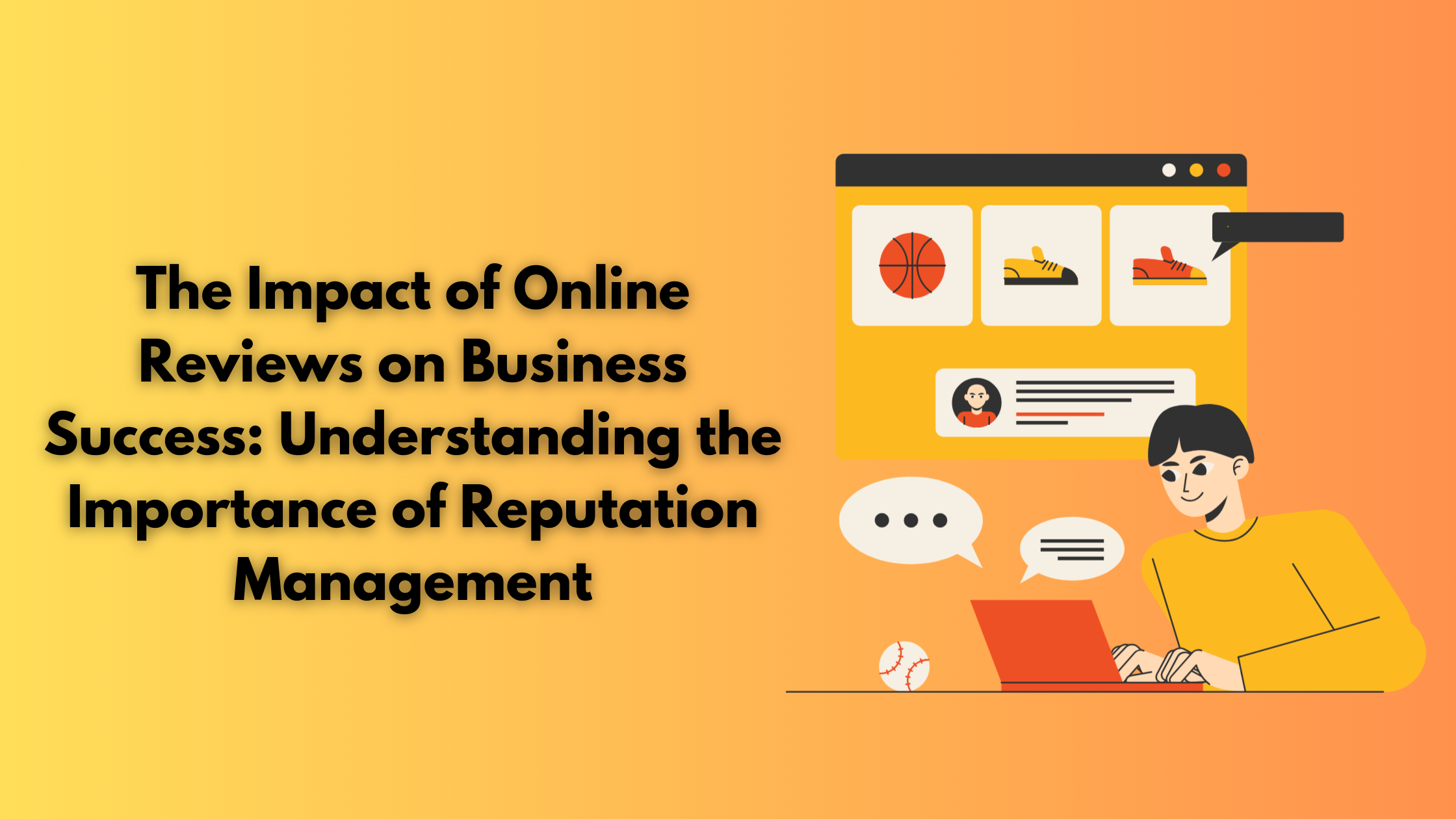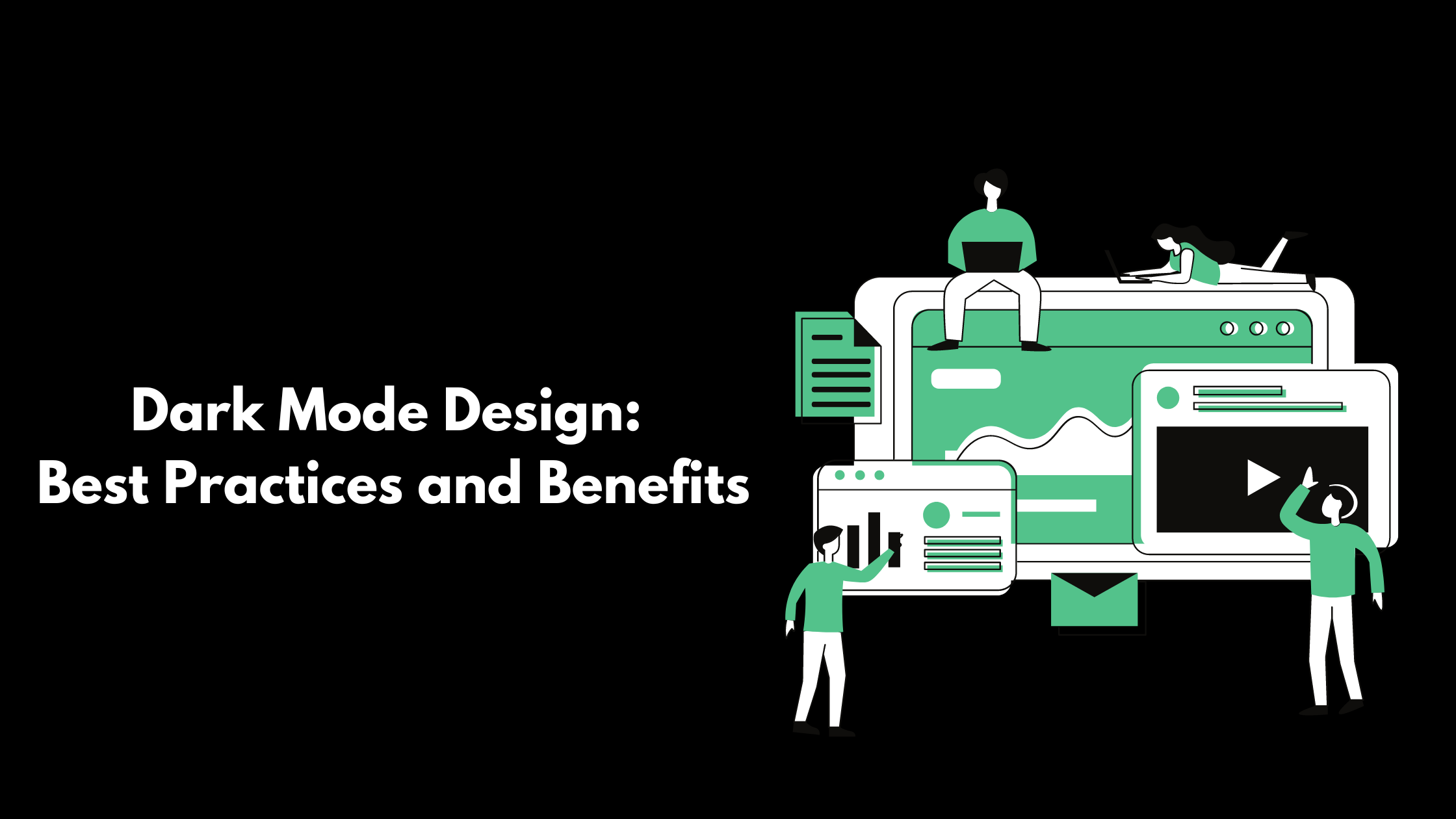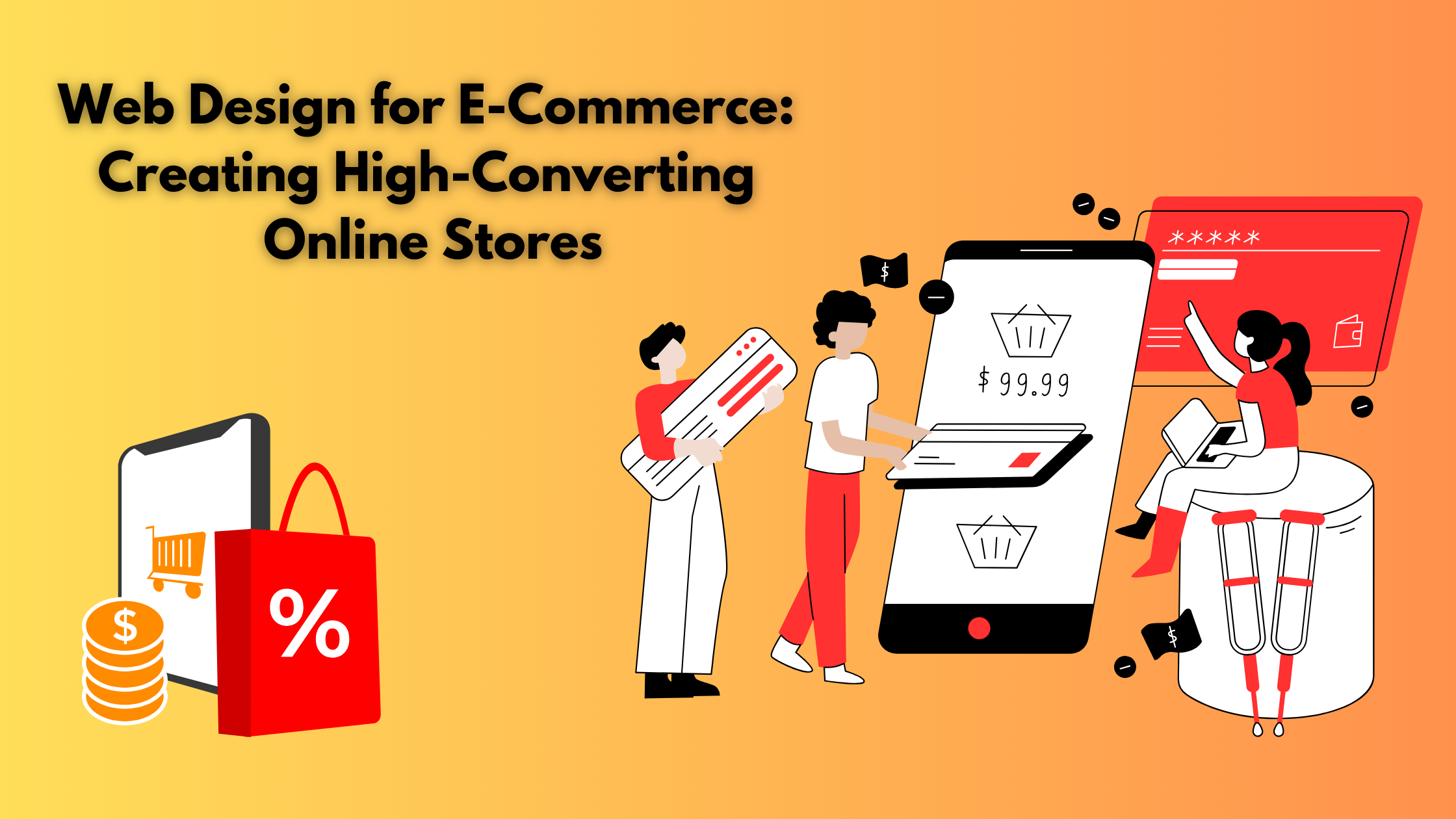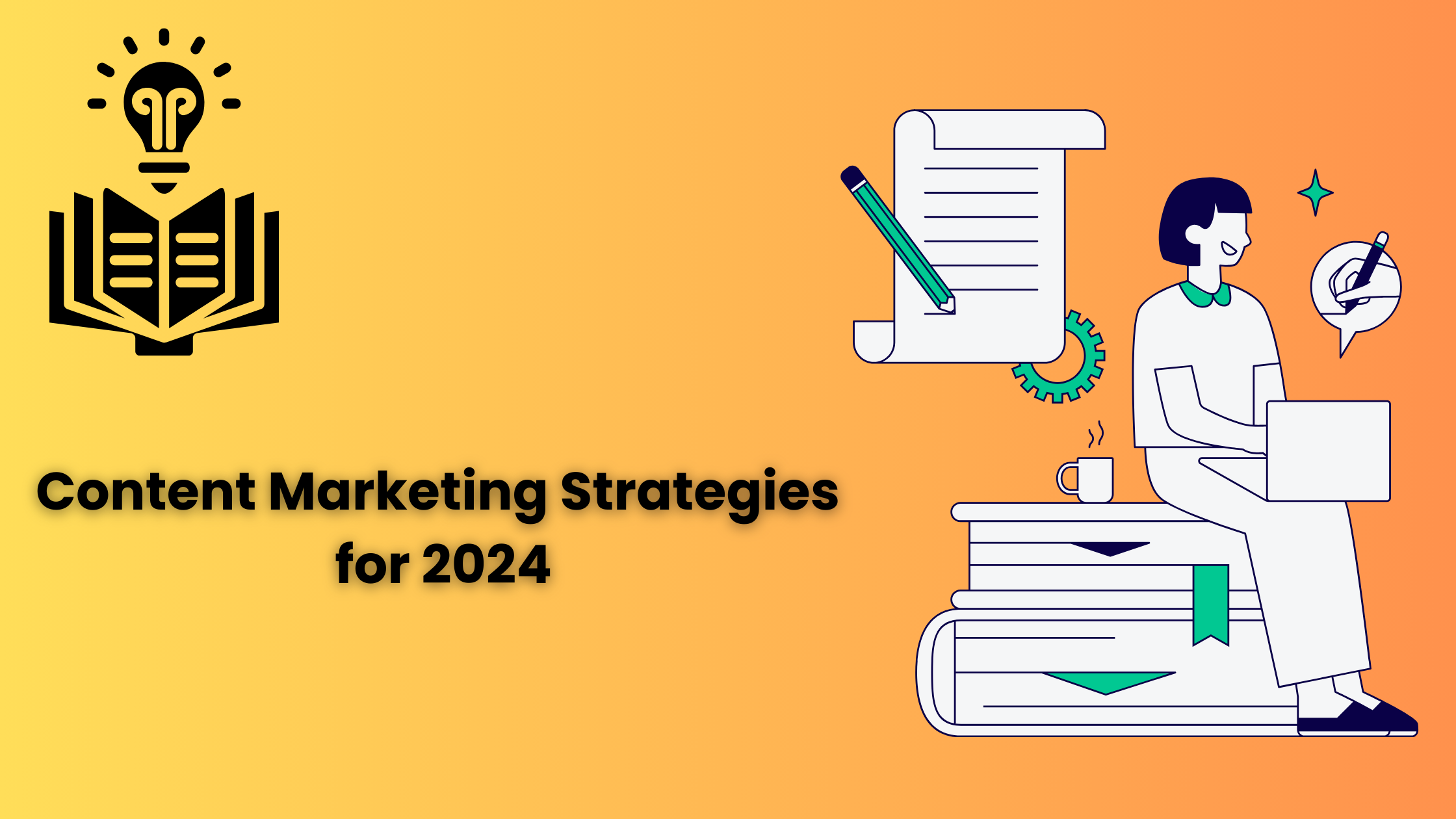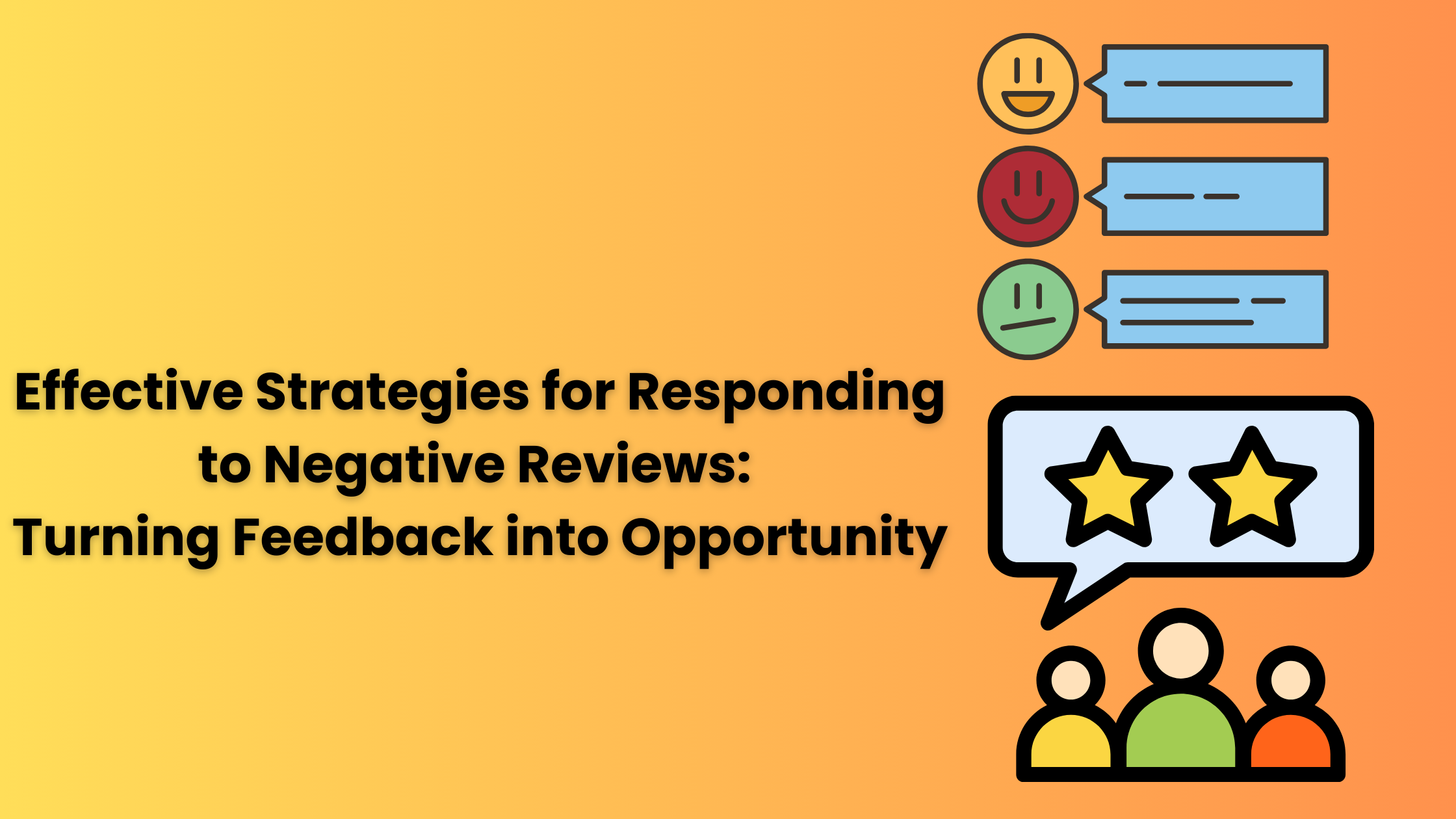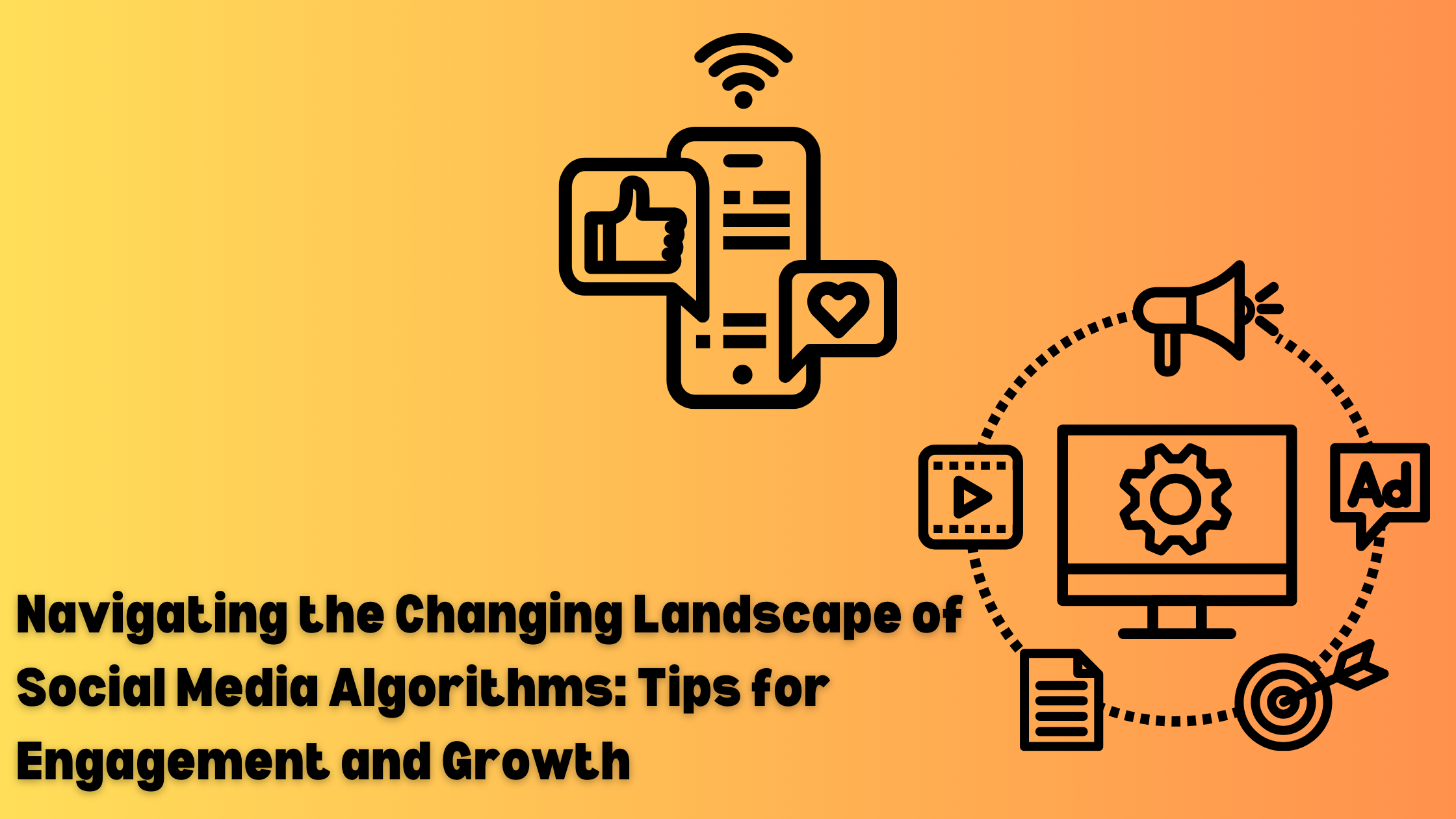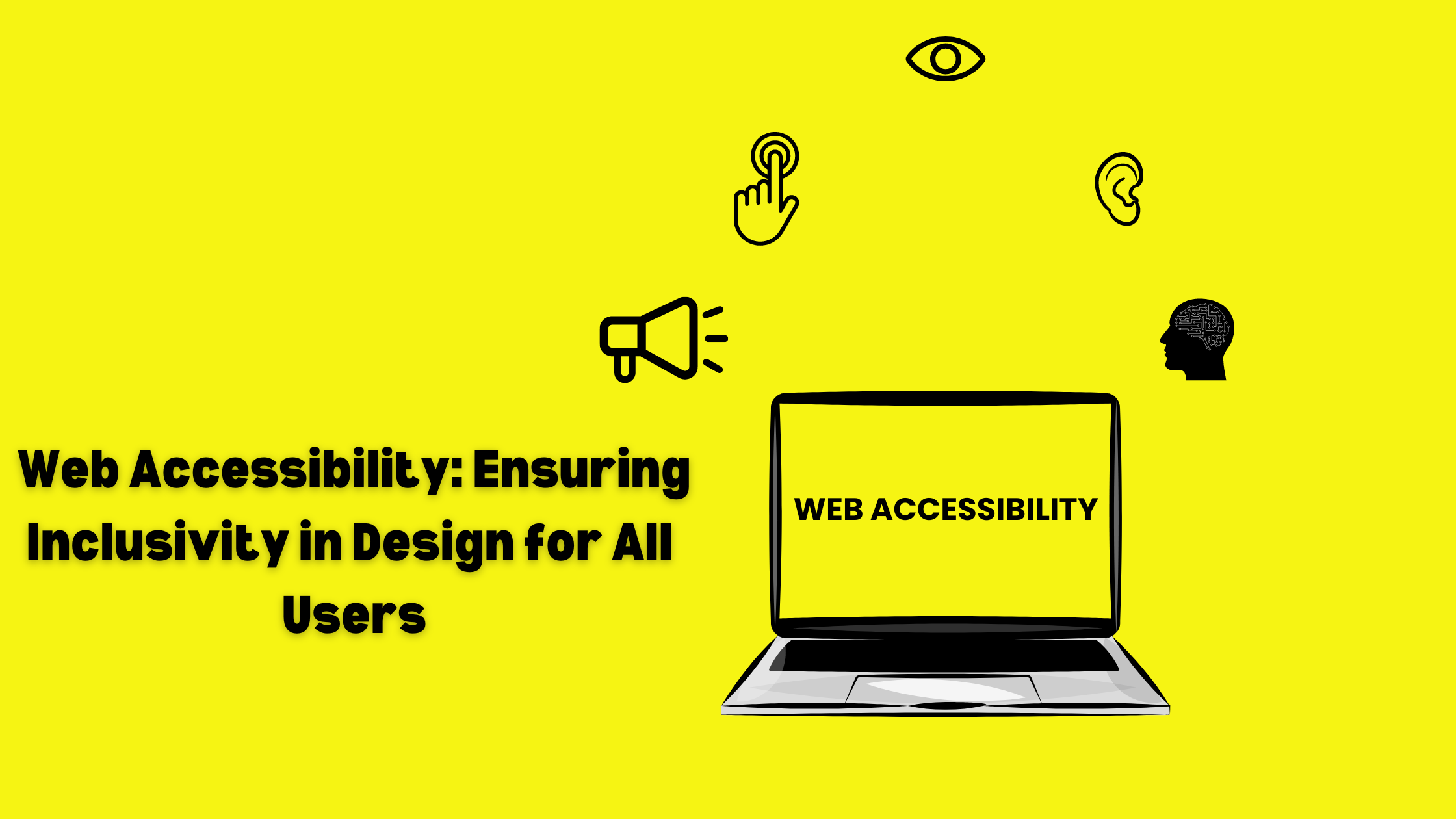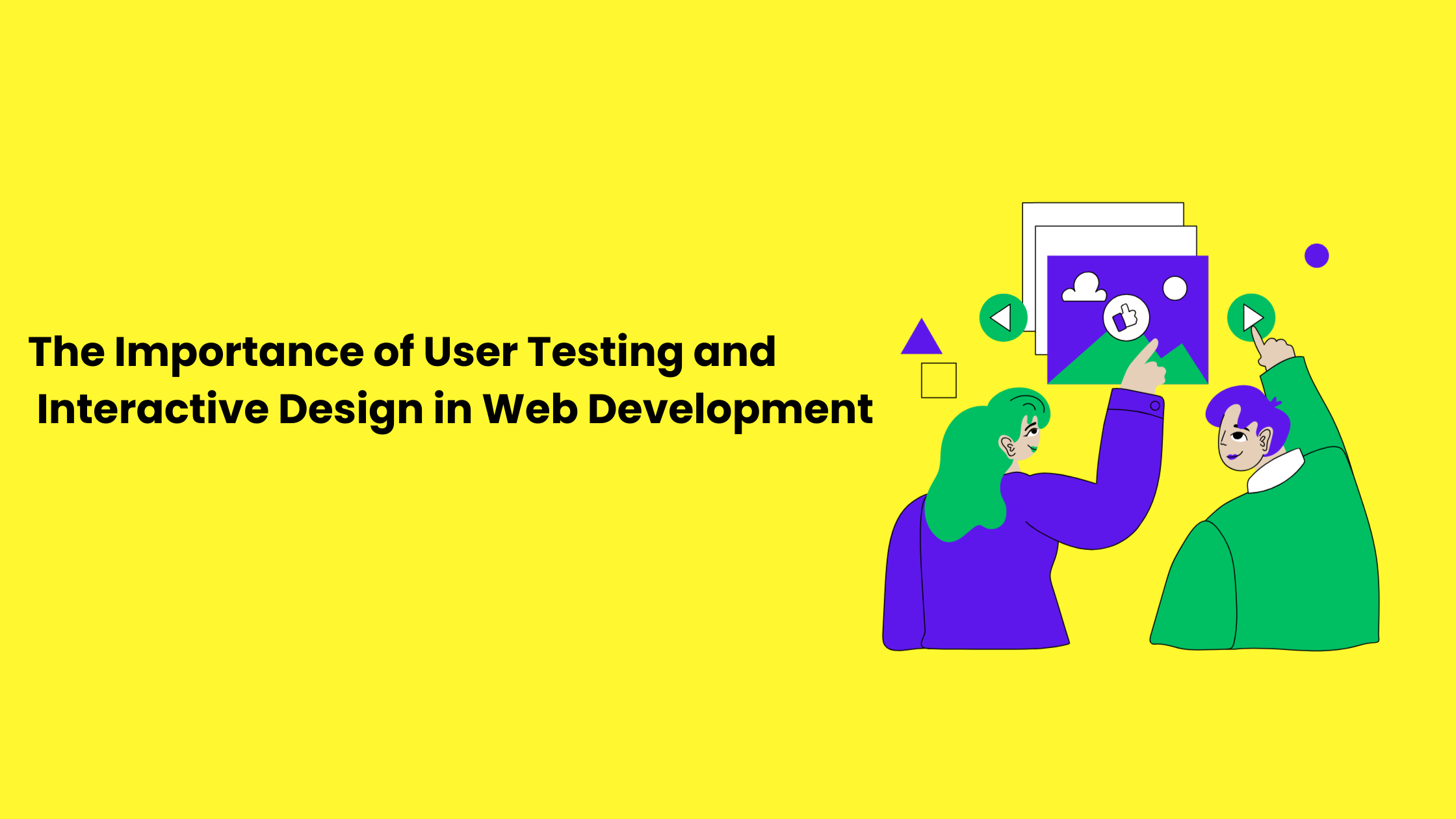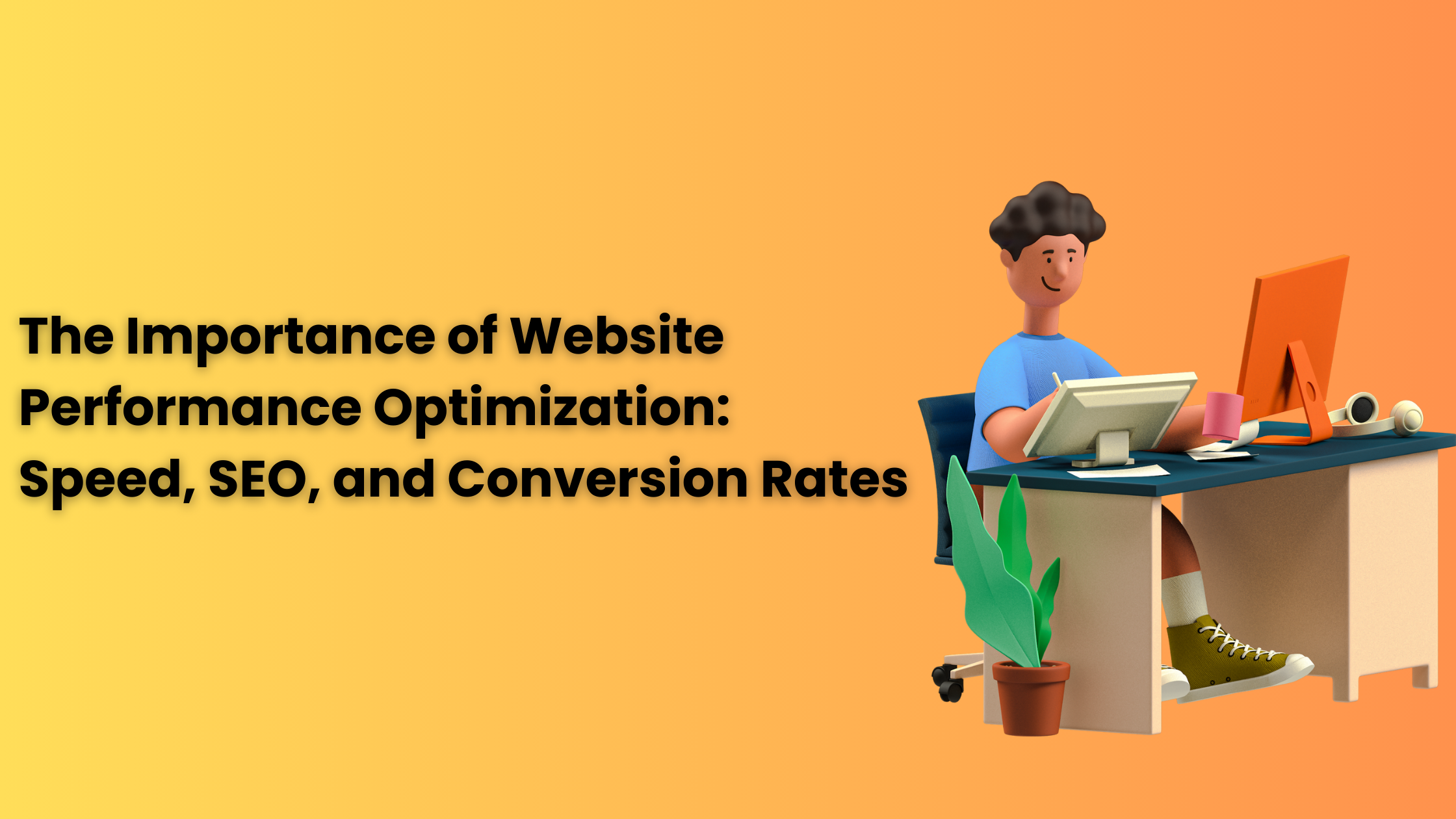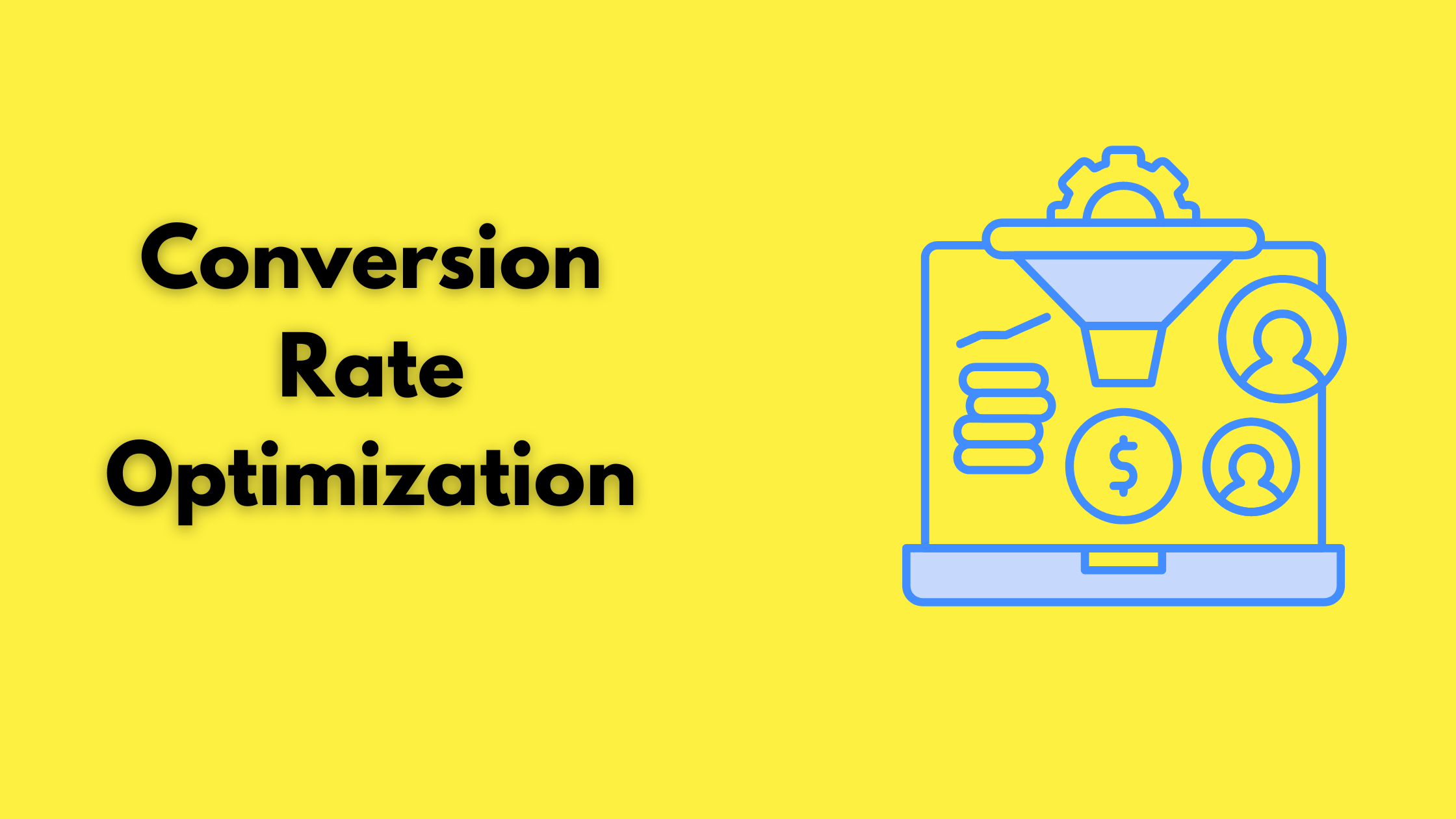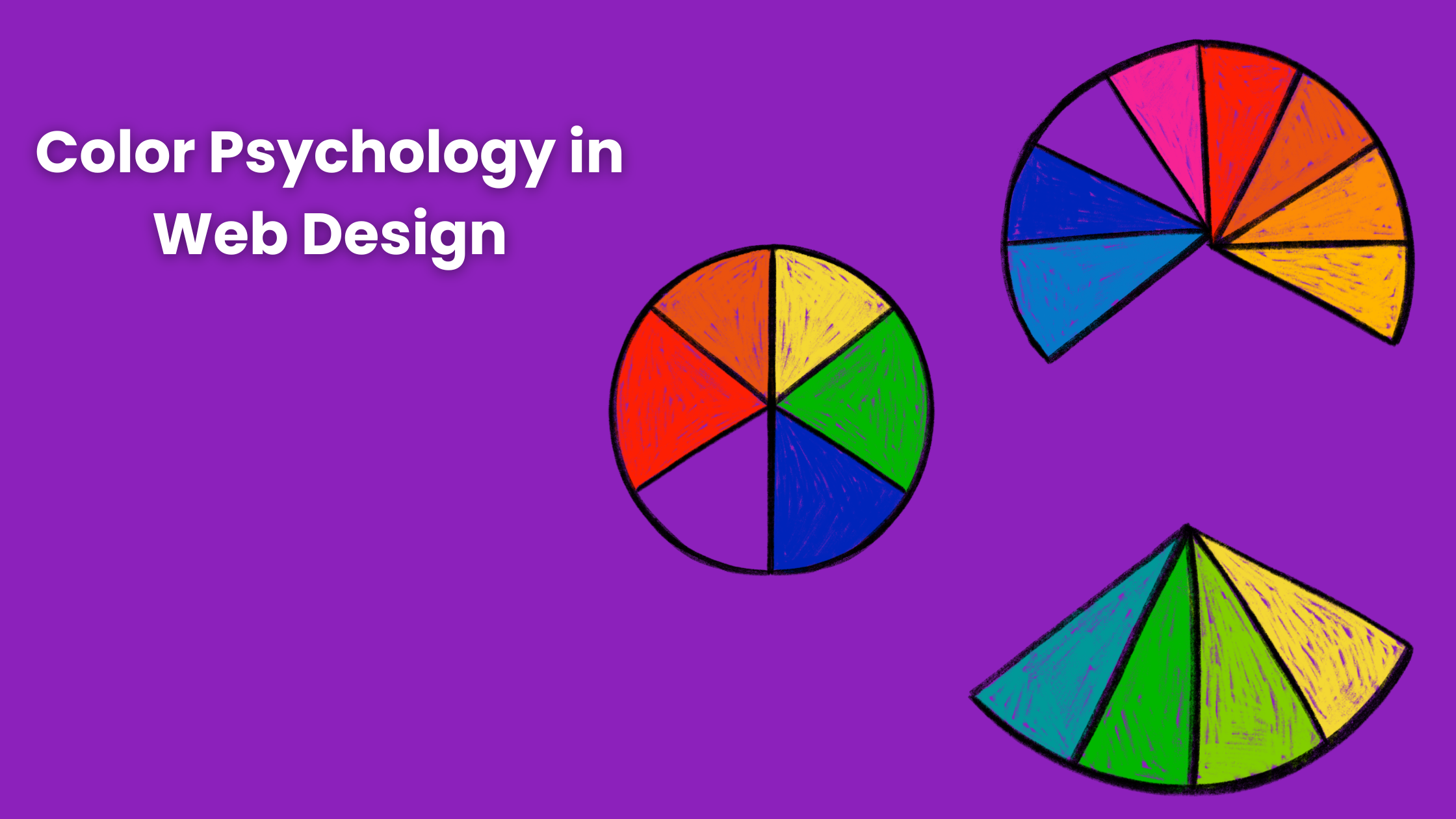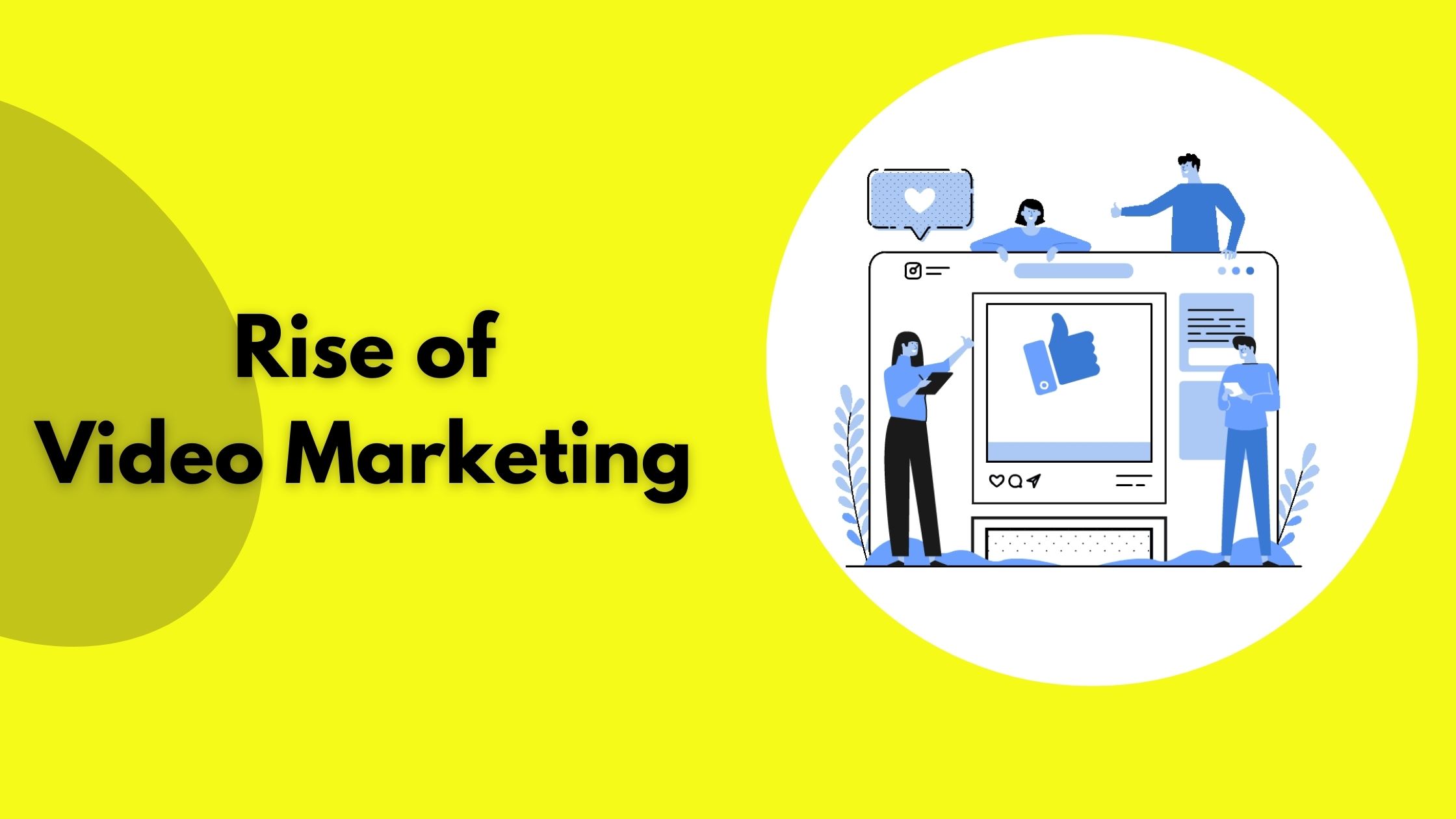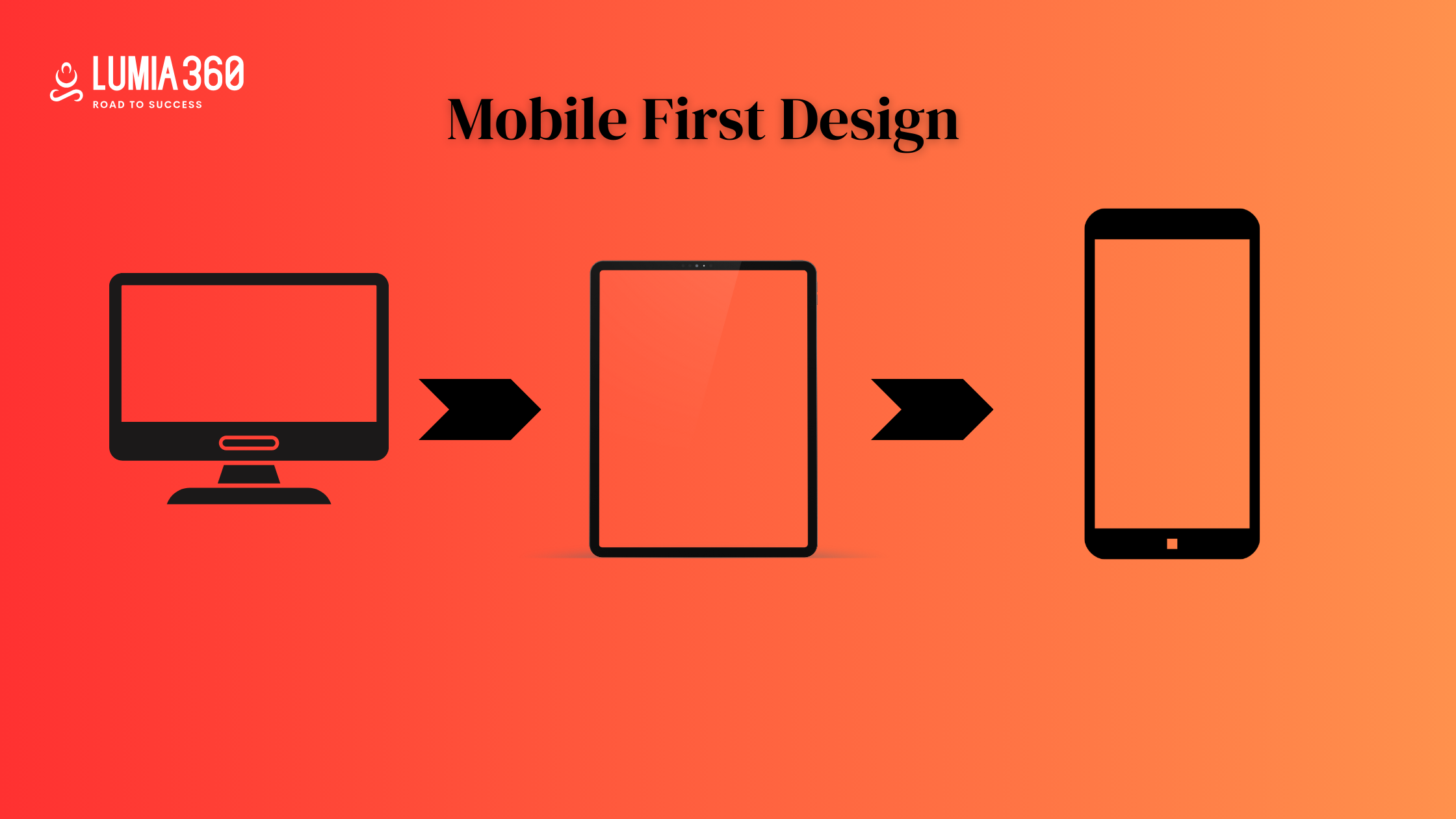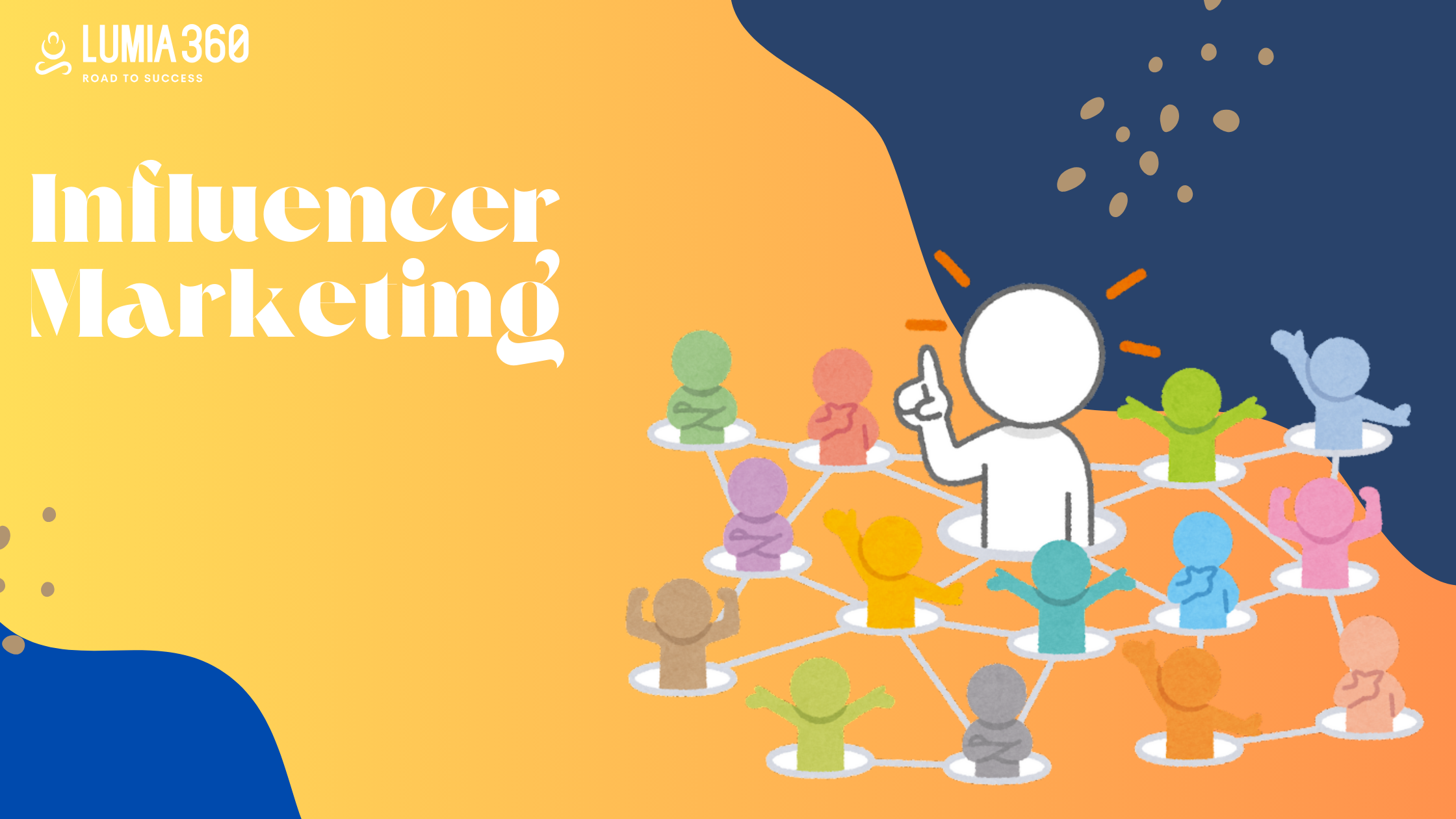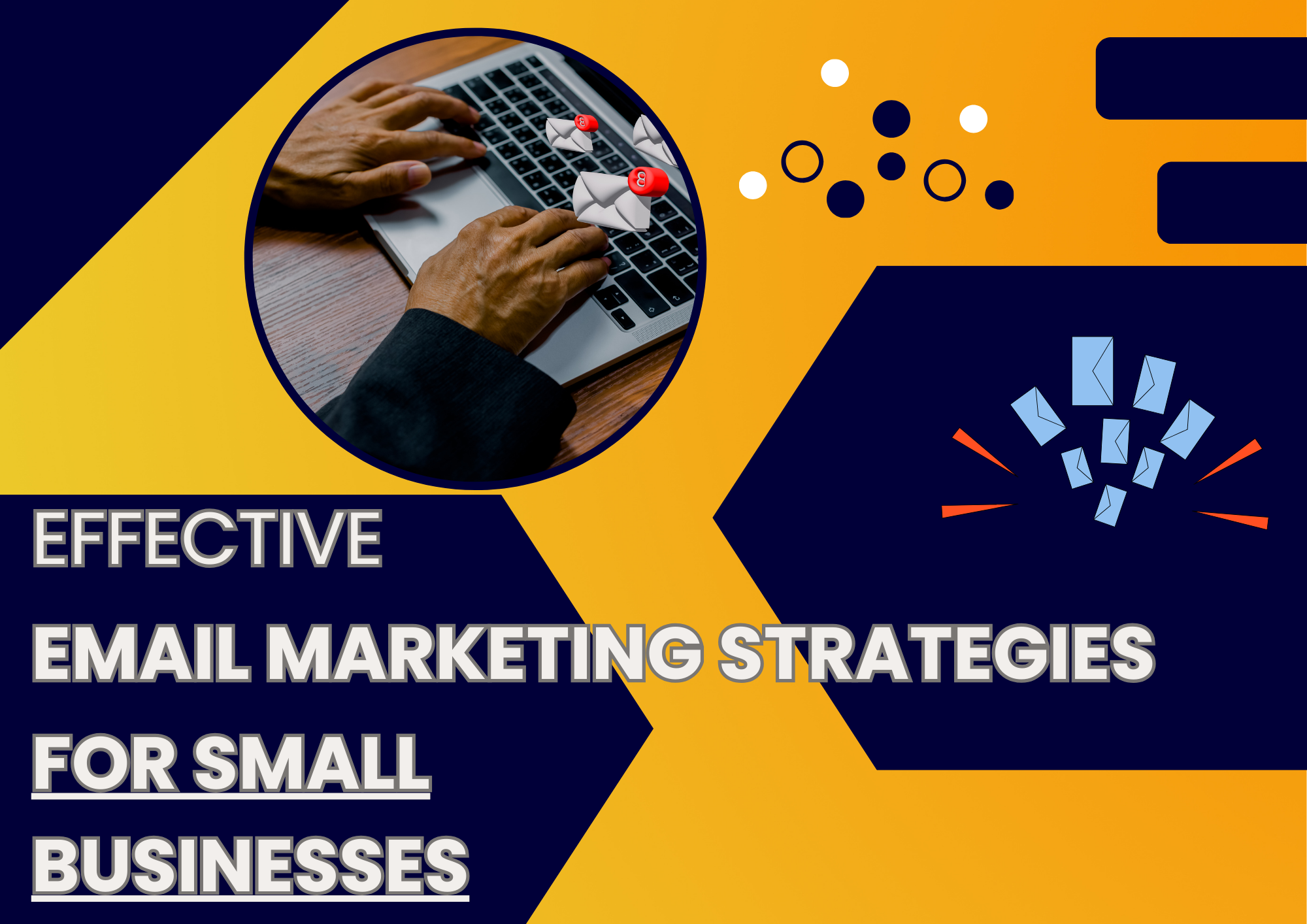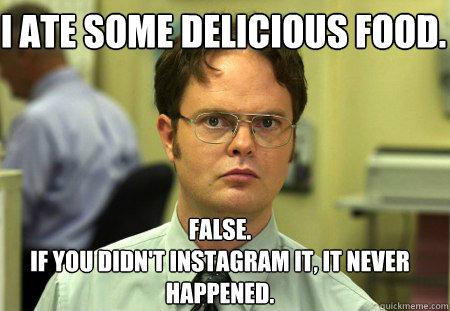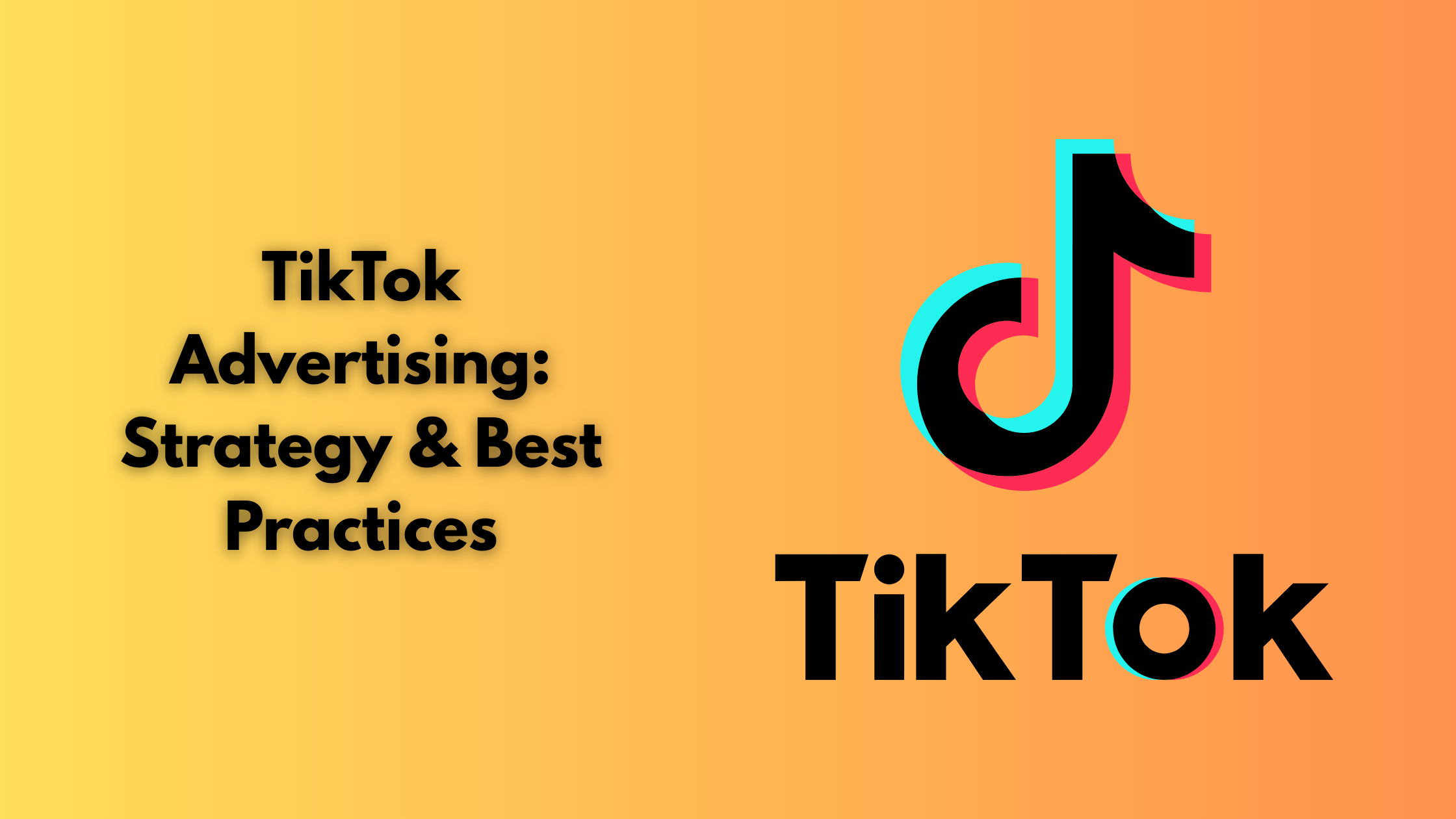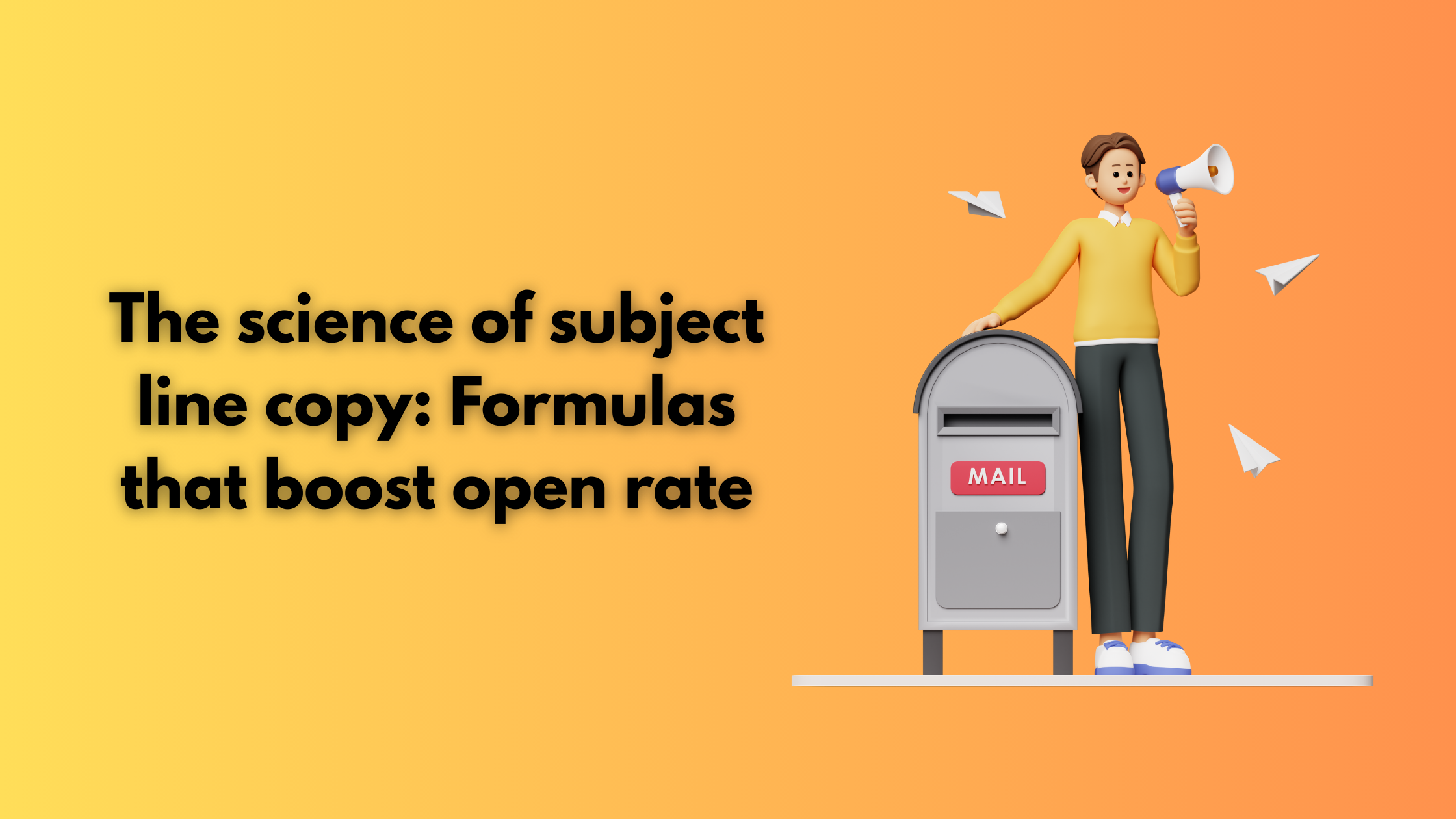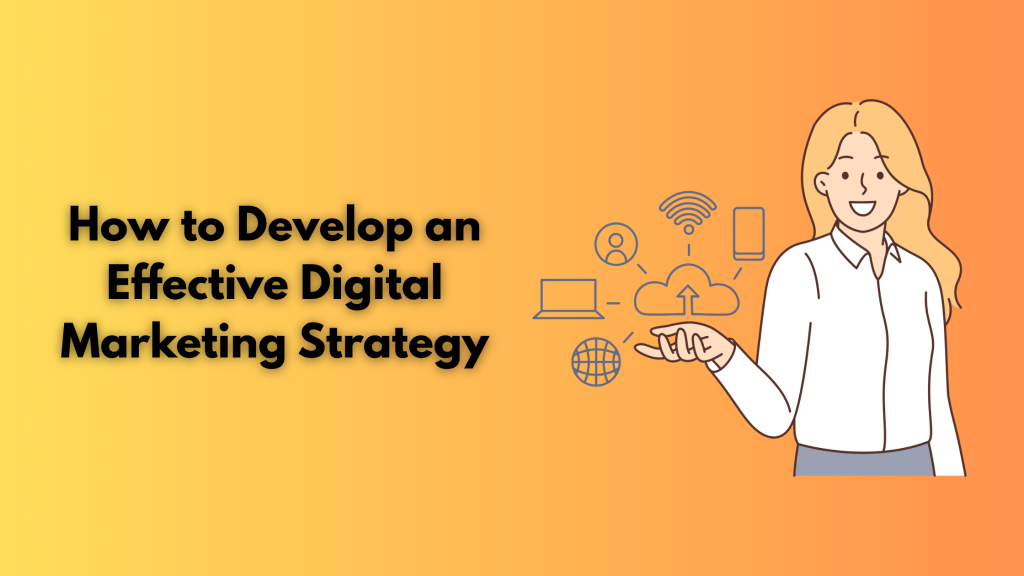
An effective digital marketing strategy helps businesses in connecting with their target audience, generating leads, and boosting sales. A well-planned strategy acts as a foundation for all your efforts, from content strategy, social media marketing, marketing automation, to email marketing, SEO, etc. It is essential to understand your goal, target audience, product type, and market to create an effective strategy.
According to a report, businesses with blogs generate 67% more leads. Also, according to Hubspot’s State of Consumers Trend 2024 report for mobile, 65% of digital sales are made on mobile devices. All these statistics also help us in formulating an effective digital marketing strategy.
Despite all this information available, 49% of organisations do not have a clear digital marketing strategy. Without a proper marketing strategy, you and your team will remain lost and confused.
In this blog, we’ll learn what a digital marketing strategy is and its tactics. Also, we’ll learn how to build a digital market strategy.
What is a digital marketing strategy?
Digital marketing strategy is a long-term plan that is designed to achieve business objectives and goals cost-effectively. It clearly defines business objectives, goals, and target audience. It is a blueprint of how we’ll operate and function on every digital marketing platform.
Your strategy should inform you and your team of a common goal, what we are trying to achieve, and why it is important.
A strategy is the foundation, while its success depends on the campaign and tactics employed.
A strategy informs us what our goals are and how it is aligned with our objectives. While campaigns are time-bound initiatives that are focused on achieving a specific goal.
All the marketing efforts work simultaneously to ensure business goals are achieved.
What are digital marketing tactics?

Digital marketing tactics are the actionable steps that are executed within the campaign that help achieve the campaign goals. There are multiple digital marketing tactics such as
- SEO and SEM: Search Engine Marketing and Search Engine Optimization help in determining how well optimized your website is and how it will rank in search engines. SEO helps in bringing traffic organically, and SEM helps in bringing traffic via ads and other online marketing techniques.
- Social Media Marketing: More than one million new people are joining social media platforms every single day. Social media includes all the social media platforms that help in connecting with relevant audiences and help in sharing information and interacting with them.
- Content Marketing: Content Marketing consists of all the online content you produce. This includes everything from blog posts, ebooks, and videos etc. Every business is creating more unique and innovative content to grab the attention of the target audience.
- Influencer Marketing: It is a collaboration between a business and an influencer to promote or mention their products. These influencers have dedicated followers who are experts in their niche. A product mentioned by them can boost your online presence.
- Email Marketing: Email marketing helps in reaching out to relevant individuals through emails is a low-cost and effective way to engage with your target audience.
- Mobile Marketing: 70% of traffic comes from mobile. Whatever platform you are targeting, make sure you optimize it for mobiles. Ensure all the images and videos fit the different screen sizes.
- Website Marketing: Your company website acts like your house on the internet. It should be attractive and responsive. Your landing page should be optimized and engaging.
- Analytics: Analytics is gained and gathered from multiple online sources that help in providing valuable data and insights. It helps in improving your current and future performance.
- Online Advertising: Online ads can be a little expensive, but they are effective for driving traffic to your website and other online properties.
How to build a digital marketing strategy

A digital marketing strategy consists of smart steps that align with business goals and ensure a successful performance.
- Objective: Set clear and measurable objectives. These objectives should align with your business goal. It serves as a benchmark for success. Establish SMART goals that are measurable, specific, relevant, timely, and attainable. For example, your goal is to increase lead generation. Then your strategy could be using a lead magnet such as an ebook, PPT, etc, for the target audience. Your objective could be achieving 20 leads in one month.
- Built Buyer Persona: Understanding your audience and their interest is very important. Using the available data, create a buyer persona and build content and strategies that cater to them. While creating a buyer persona, you must consider the location, purchasing history, income, interests, preferences, pain points, etc.
- Audit Assets: Evaluate your existing assets to identify the strengths and weaknesses, gaps, and areas of improvement. List all your important content that can be used for repurposed assets. To identify these gaps, you must first crawl your website. You can also analyze the data related to seo, social media, etc, to enhance the performance.
- Content Creation: The performance of a campaign depends a lot on its content. Plan how you will create, deliver, and monitor your content. Determine the budget that you’re willing to spend. Can resources be managed or handled in-house, or require outsourcing? Make sure you have all the required resources. Most importantly, make a realistic timeline to keep the campaign on track.
- Key Performance Indicators: Analyze and track measurable outcomes to evaluate the success of your strategy. Identify key performance indicators that align with your goals. Some of the KPIs are conversion rate, engagement rate, cost per lead, returning website visitors, click-through rate, customer lifetime value, marketing qualified leads, and sales qualified leads.
If you want your business to grow and establish it as a brand, you need a digital marketing plan. With it, you can position yourself as a brand and enhance your digital marketing capabilities. It may appear easy, but building an effective digital marketing strategy is very complicated. One strategy doesn’t suit all. You have to analyze the data, target audience, business goals, budget, online platforms, etc, to create an effective strategy. Lumia 360 provides digital solutions to small and medium businesses. Our strategies have boosted the business of our clients and helped them in achieving their goals. To know more about our services, email us at info@lumia360.com or call us at 514-668-5599



